 Abraham Lincoln
If given the truth, the people can be depended upon to meet any national crisis...
Abraham Lincoln
If given the truth, the people can be depended upon to meet any national crisis...
 Guildford news...
for Guildford people, brought to you by Guildford reporters - Guildford's own news service
Guildford news...
for Guildford people, brought to you by Guildford reporters - Guildford's own news service
Birdwatcher’s Diary No.187
Published on: 19 May, 2019
Updated on: 19 May, 2019
By Malcolm Fincham
A cool start to the month of May brought with it a northerly breeze and rain showers.
Daytime temperatures at this time of the year, however, guaranteed some idyllic warmth while the sun shone.
The hawthorn was now in full blossom around the Surrey Hills. Its vibrant green leaves with many small bouquets of white blooms often tinged with pink was a pleasant addition to the landscape on my local patch at the Riverside Nature Reserve.
The newly growing foliage around the reserve wasn’t helping my ability to see and capture photos of the recently arrived birdlife there, let alone the resident species.
Fortunately, with some patience, a few couldn’t resist “giving themselves up”. Having not long arrived, many were it full song hoping to attract a mate. This makes them a little easier to locate. As before long and once breeding many will be less easy to locate. It does help recognising their songs.
One of many common whitethroats around the reserve could be heard by the boardwalk, eventually showing well among the May blossom.
Resident birds seemed less obscured. A robin, perched, singing on hawthorn branch.
While by the lake, a grey heron stood on the far bank, lit up by the may blossom.
May 2 was my first sighting this year of swifts newly arrived from Africa. A count of more than 40 could be viewed among a gathering of swallows and house martins, hawking insects over the sewage works by Stoke Lock.
It wasn’t until May 4 that I saw at least 20 swifts over the gardens of Stoughton.
Viewing across to the “scrape” from by Stoke Lock a common sandpiper could be seen, working its way around the now dwindling pool of water.
Taking up residence by the lock-side were a family of Egyptian geese, the seven goslings, staying close to their parents.
A constant twitter could be heard from the near by brambles just behind me – the sounds of house sparrows and a healthy number by the noise they were making!
The following day, in the company of good friend, Dougal, I returned to the “riverside”. This time we included a walk along the track that leads from the lock cottage to the recycle depot.
Two garden warblers could be heard singing, having set up their territories in separate areas of the hawthorn and shrubs that lined the way.
Blackcaps, with a similar sounding song, had mostly quietened down, having already found their partners. It make the garden warbler song easier to distinguish. Usually quite “skulking” in their nature, one of the two garden warblers eventually perched out in full view as it continued its song.
A glance back as we headed toward Stoke Lock saw a fox appear. Fully aware of our presence, it stood and watched us, at least until we were out of its sight.
At Stoke Lake at least four reed warblers could now be heard singing around the lakeside.
While numerous reed buntings could be heard singing from the boardwalk
Among the newly fledged resident birds, a cluster of long-tailed tits remained almost completely incognito, only recognised by their fidgeting and the movement of the foliage that surrounded them.
A young blackbird hopped around by the lakeside
Other resident birds that had got a “head-start” included Canada geese with goslings on Stoke Lake.
While a small group of cute coot chicks eagerly followed one of their parents across the water, towards the island.
A grey wagtail could also be viewed. It was fly-catching insects over the water. On its return to the island I noted it was feeding one of its fledglings.
On the island a common sandpiper could be seen feeding up, picking at insects, working its way around in a clockwise direction as it rested its wings for a while on its journey back to its breeding ground, further north.
A visit to Staines Moor with Dougal on May 5, enabled us to add lesser whitethroat to this year’s list of sightings. It was its distinctive song that gave it away, though it was less willing to give itself up to view, giving just brief glimpses as it skulked through the hawthorn hedgerow.
A walk across the moor gave us views of at least six wheatears, five of them were females.
As we approached the area they took flight, showing their “white arses”, from which their less vulgar and more modern name, wheatear, derives. Several could also be observed perched up on the surrounding bushes.
Among the highlights of the many birds seen there were several lapwings constantly flying around the moor.
A little egret flew in, settling on the banks of the River Colne that meanders through.
While a common buzzard, briefly, flew overhead.
Our best views of the day had to be that of a hobby. Putting on some of its renown, dynamic aerial displays.
Seen overhead, at first, then taking a sharp dive flying at speed inches above the ground, in hope no doubt of spooking up a small bird for its lunch.
Although appearing to be unsuccessful in its pursuit, to our delight it settled on a hillock not far from us, allowing me to get a few portrait shots.
Staines Reservoir was like a millpond on our visit, just a week later on May 12.
Just one of the black-necked grebes (video clip) we had seen on our previous visits still remained there. To my delight, it wasn’t too distant for a few photographs either. Although backlit in the sun, it was looking quite stunning in its summer plumage.
Common terns were abundant, many perched by the water’s edge along the causeway.
Occasionally one would fly out across the reservoir, displaying its acute acrobatic abilities. In its dive it skimmed across the water plucking out a small fish along the way.
On returning to the shore, one in particular looked as though it was celebrating its catch? It wasn’t looking so happy, however, when one of its so-called mates tried to steal it from him.
I felt most sorry for the fish!
A cormorant flying across the north basin was a nice addition to my day’s photos.
While on our return to the car we spotted our first small copper butterfly of the year.
Elsewhere on my travels, house martins had returned to their breeding grounds, reconstructing, refurbishing and rebuilding their nests for another summer.
An evening visit to the Riverside Nature Reserve and along the track where the garden warblers had been heard, I “picked up” on another familiar sound, heard on Staines Moor, on May 5. “Lesser whitethroat!” I mumbled to myself, in surprise!
Having only got glimpsed views, and with daylight fading, I returned the following afternoon. This time, in the company of friends, Bob and Dougal.
On this occasion the warmth of the sunshine had not only awoken it in song. It also briefly showed, allowing me a few photos before returning back into the undergrowth.
These birds are no only more elusive than the common whitethroat, but quite a rare bird to the area.
A continuing theme of cool weather continued, though remaining dry, with enough pleasant warmth to bring out on the wing my first sighting of a beautiful demoiselle this year.
A blue tit also added the colour theme as it flew by.
A holly blue butterfly was also on the wing.
Adding to the butterfly sightings that afternoon was a green-veined white.
As well as a peacock butterfly.
One of the two garden warblers could still be heard, though views were less confiding.
At the area of the recycle centre, I was surprised to see the volume of gulls present. Although confessing not to be a connoisseur of the many variations and seasonal plumages, I was unable to pick out any rarities among them.
I must admit, I was more impressed with the red kite as it circled overhead.
Occasionally it would glide majestically, close to the reprocessing centre, spooking the gulls up en-mass. Sending them “wheeling and spinning” in different directions.
On the other side of the River Wey, on the main part of the nature reserve, a few sedge warblers continued to remain vocal.
A few swallows could still be seen “hawking” over the lake.
A treecreeper continued to hunt insects in a tree bark.
A jay perched motionless, although in full focus, observing its surrounding.
A pair of roe deer continued to sedately graze in the rapidly growing fresh reeds by the boardwalk.
And by the lock-side the Egyptian geese and goslings snuggled down for another night’s sleep.
Recent Articles
- Dragon Interview: Council Leader on the Latest HRA Report
- Stage Dragon: Murder on the Orient Express – Yvonne Arnaud Theatre
- Letter: GBC Improvement Work Was Hampered By Its Culture
- Letter: Half and Half is the Solution for Clandon House
- Camberley’s House of Fraser To Be Left Mothballed
- HRA Report Shows Overspend and Possible Fraud Occurred Despite Many Warnings
- Letter: Those in Elected Office Should Refrain from Deliberately Misleading the Public
- Cup Run Ends After City Fade in Second Half
- Press Regulator Condemns Behaviour of News Group Newspapers
- MP Says Raw Sewage Flooding Gardens Is ‘Absolutely Disgusting’ – ‘Thames Water Must Stop It’


Search in Site
Media Gallery
Dragon Interview: Local Artist Leaves Her Mark At One of England’s Most Historic Buildings
January 21, 2023 / No Comment / Read MoreDragon Interview: Lib Dem Planning Chair: ‘Current Policy Doesn’t Work for Local People’
January 19, 2023 / No Comment / Read MoreA3 Tunnel in Guildford ‘Necessary’ for New Homes, Says Guildford’s MP
January 10, 2023 / No Comment / Read More‘Madness’ for London Road Scheme to Go Ahead Against ‘Huge Opposition’, Says SCC Leader
January 6, 2023 / No Comment / Read MoreCouncillor’s Son Starts Campaign for More Consultation on North Street Plan
December 30, 2022 / No Comment / Read MoreCounty Council Climbs Down Over London Road Works – Further ‘Engagement’ Period Announced
December 14, 2022 / No Comment / Read MoreDragon Interview: GBC Reaction to the Government’s Expected Decision to Relax Housing Targets
December 7, 2022 / No Comment / Read MoreHow Can Our Town Centre Businesses Recover? Watch the Shop Front Debate
May 18, 2020 / No Comment / Read More



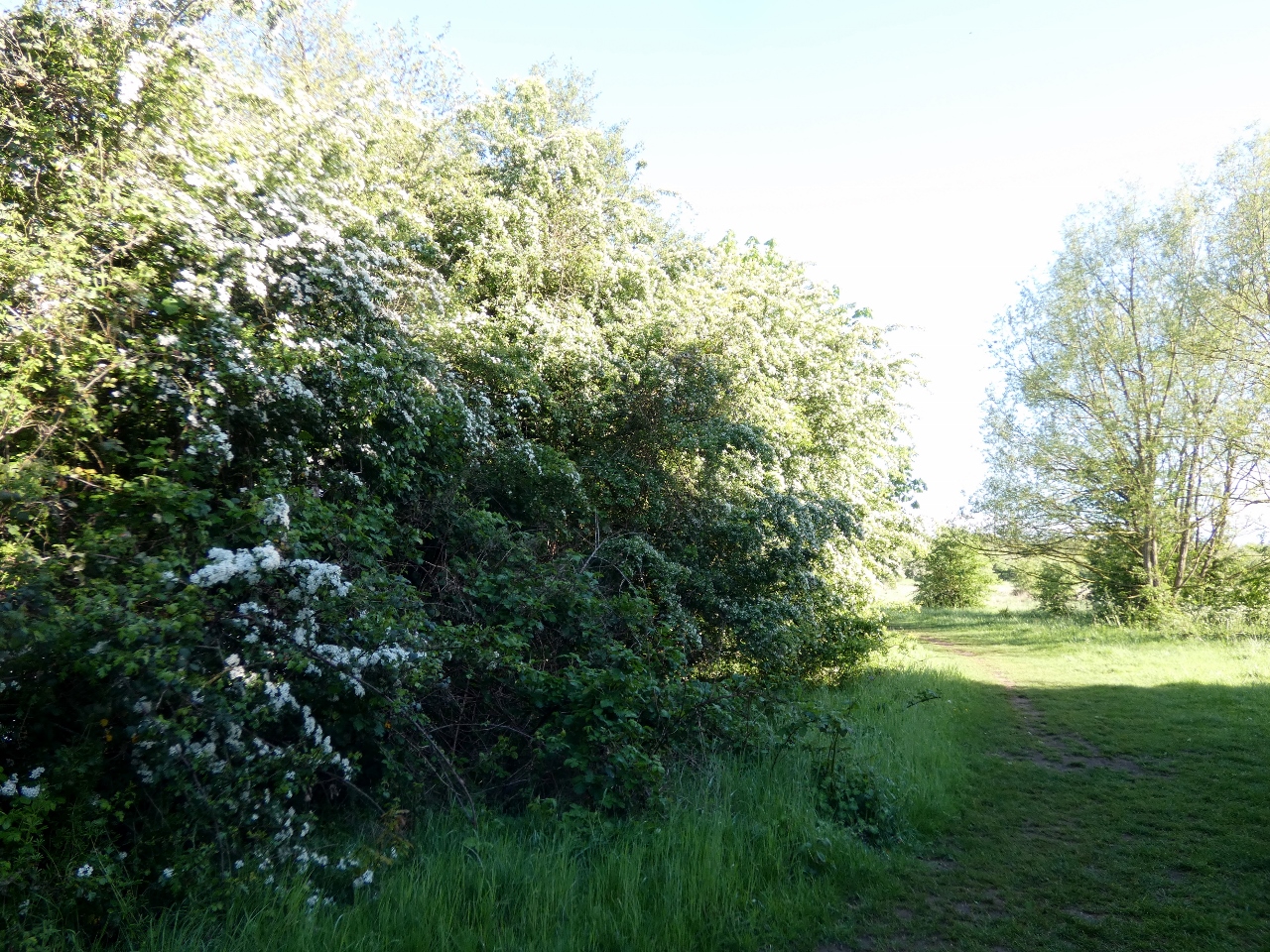
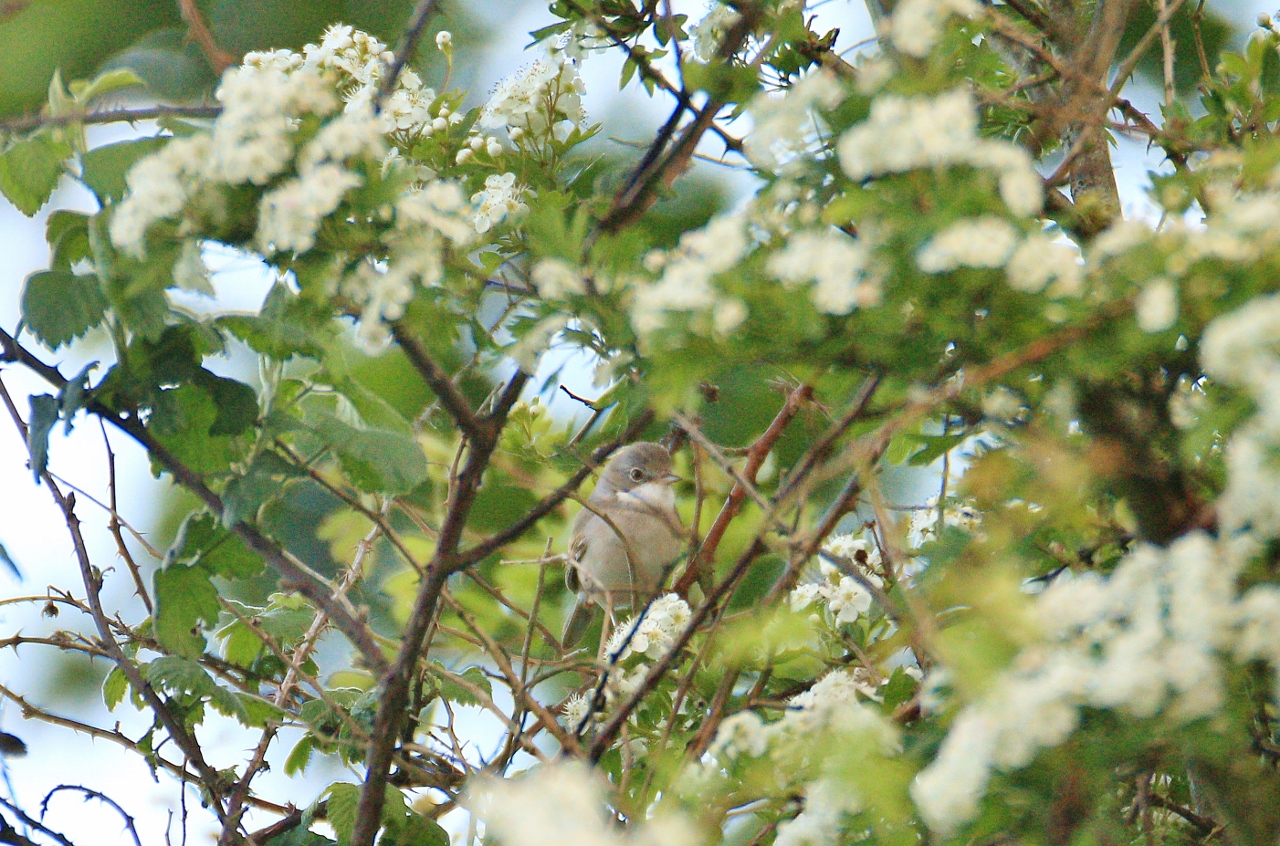
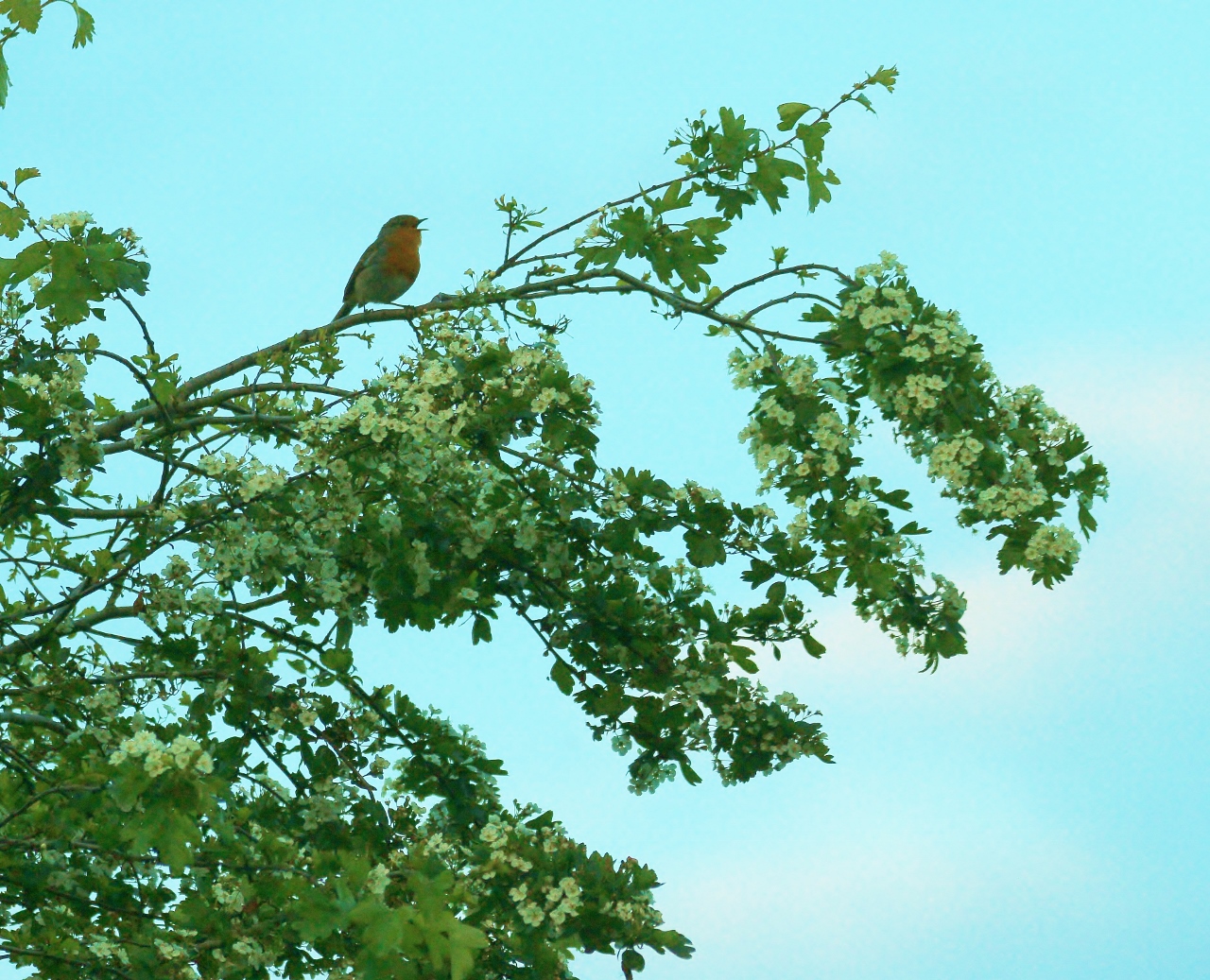


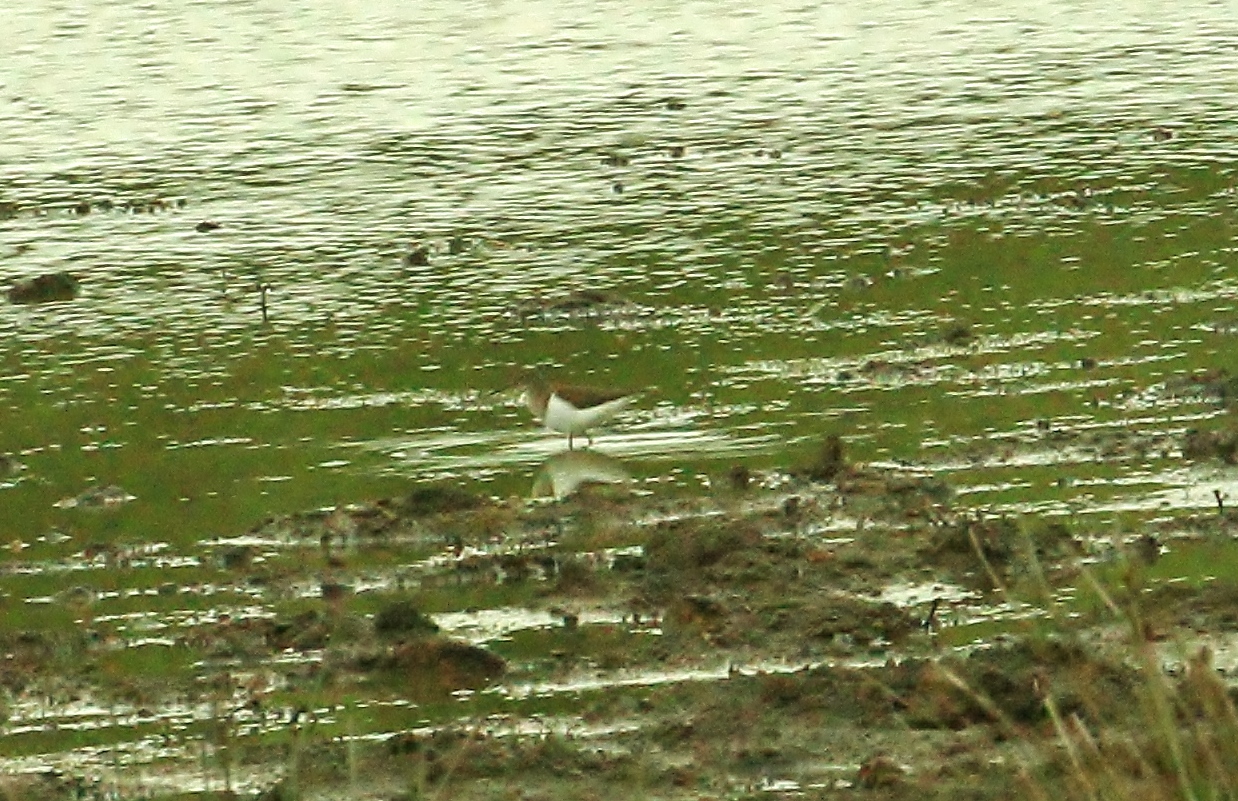
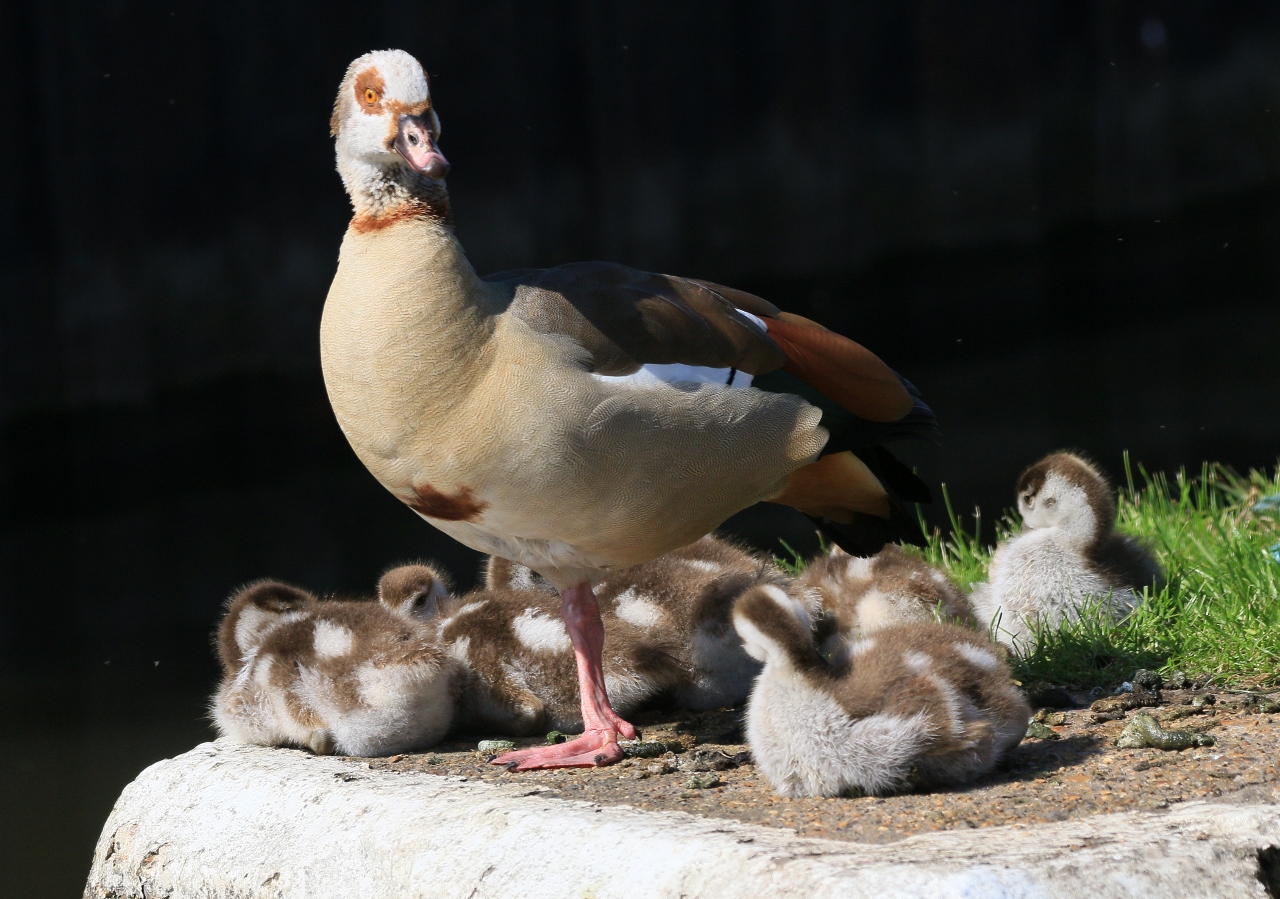

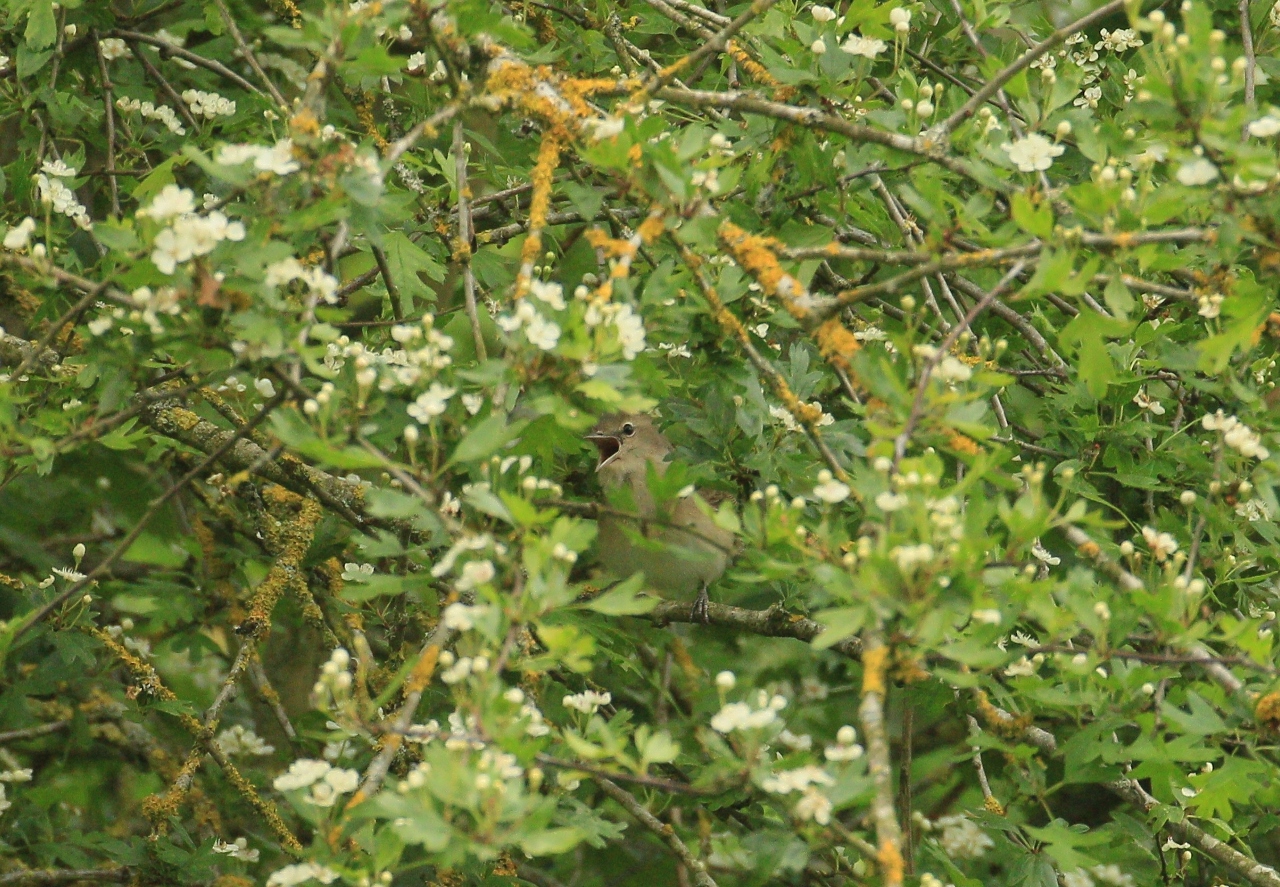

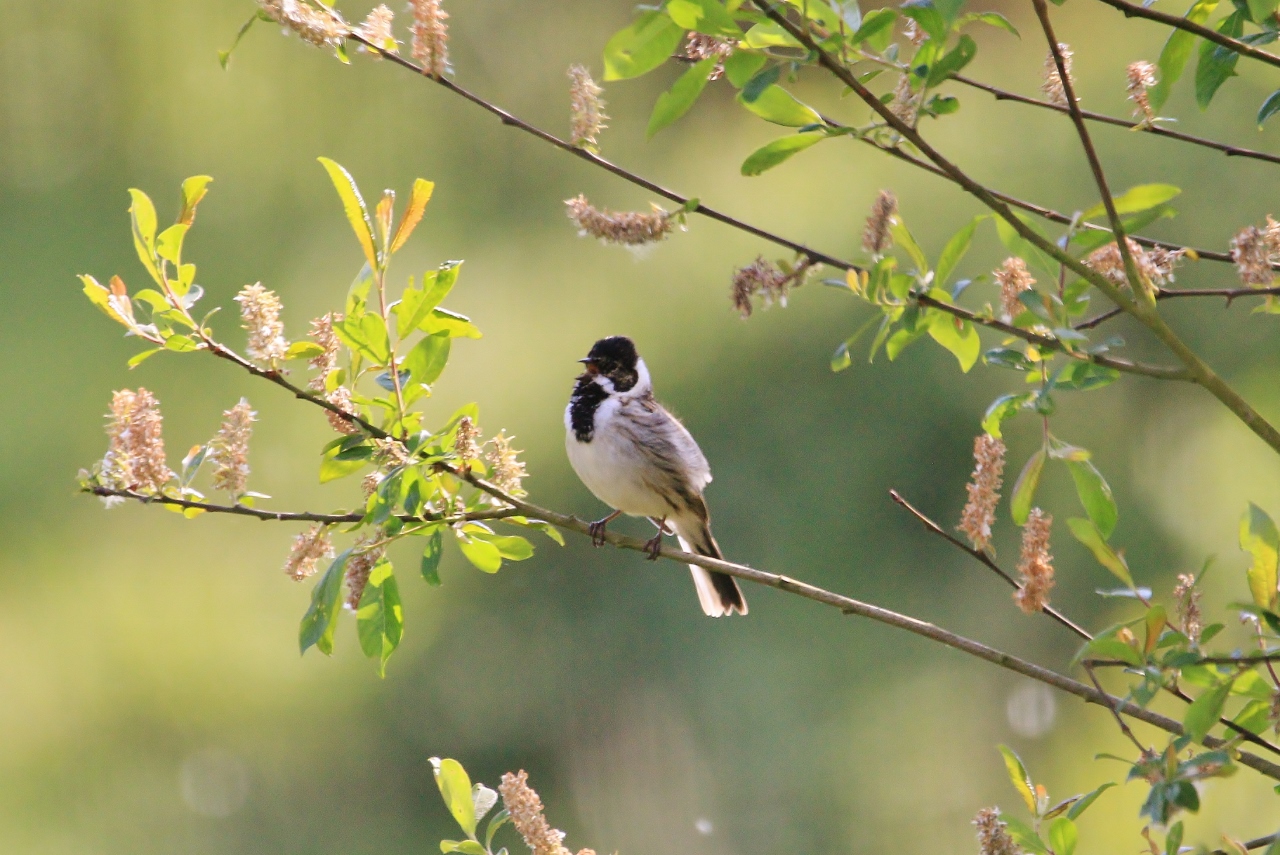
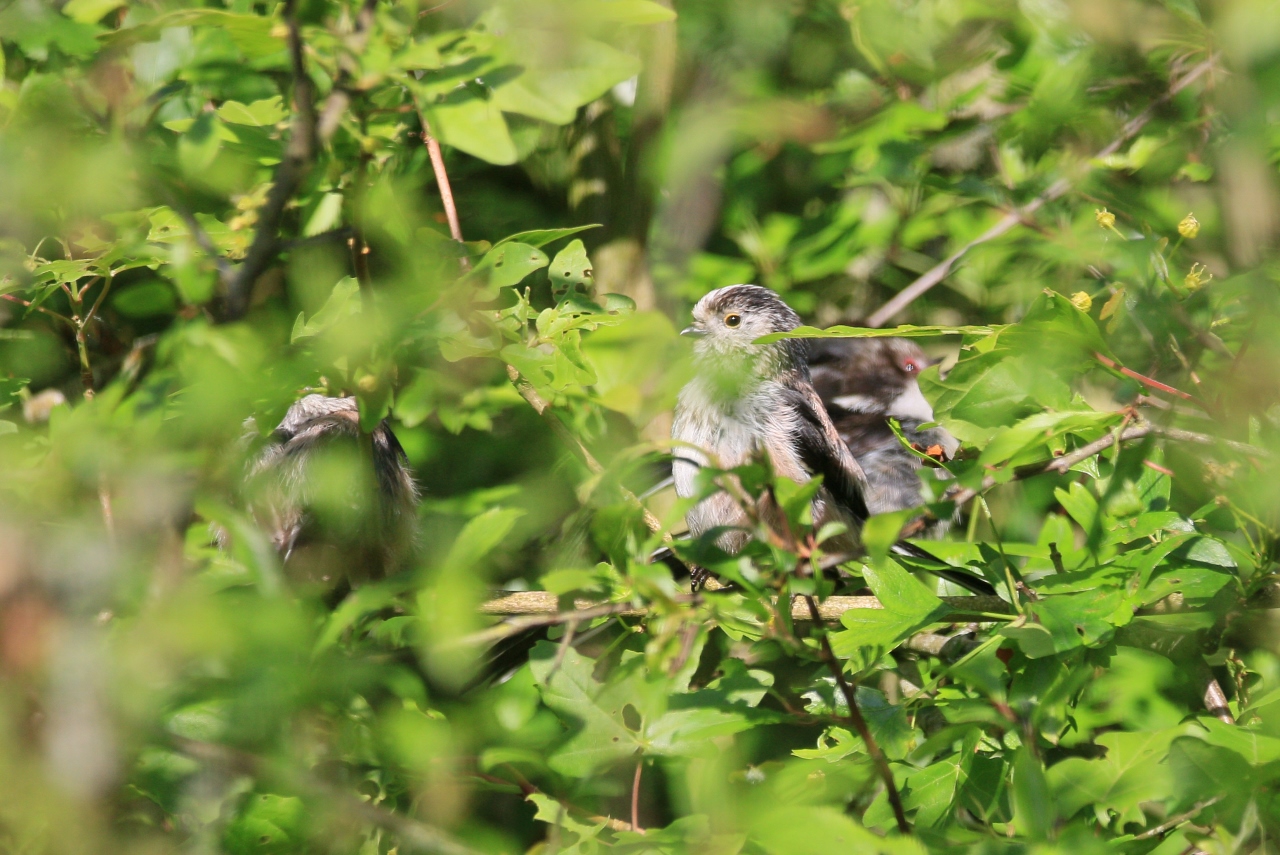
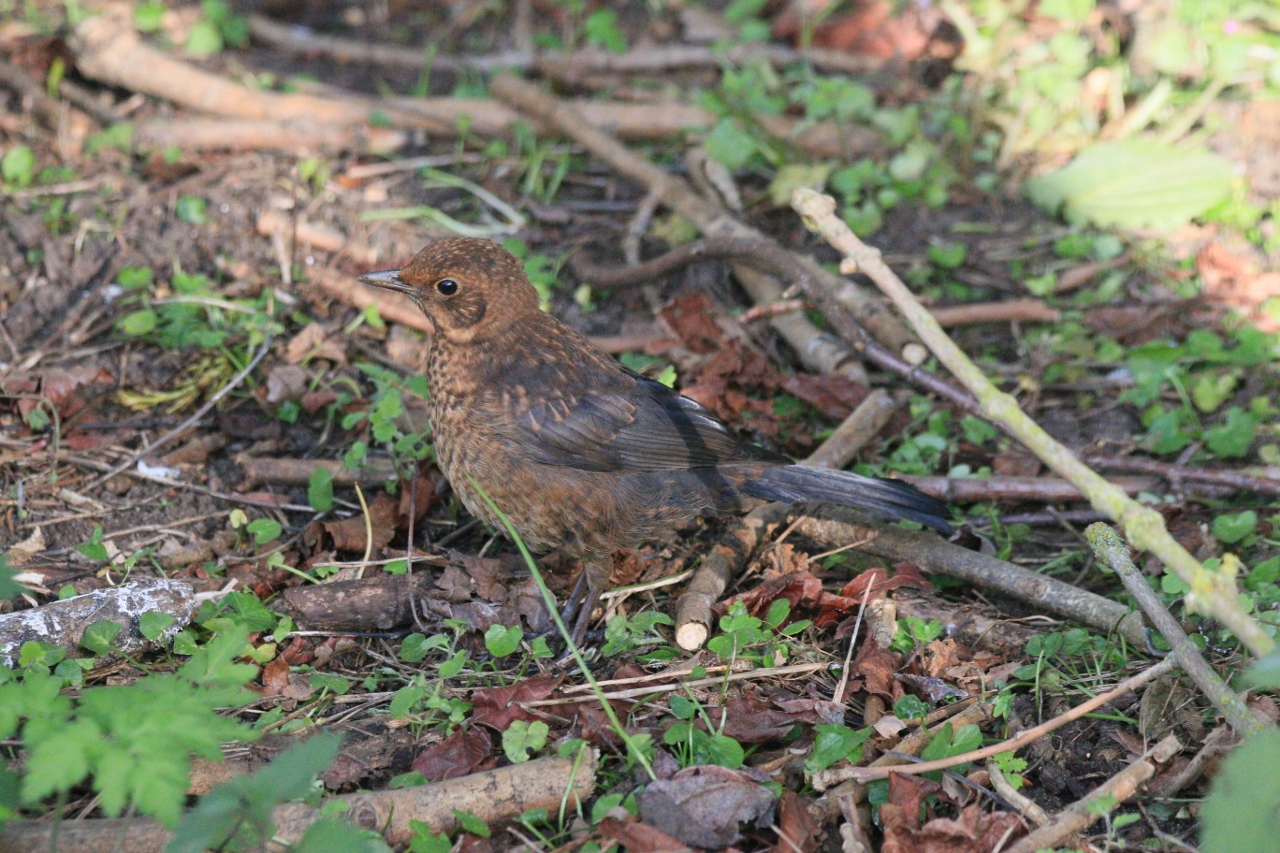
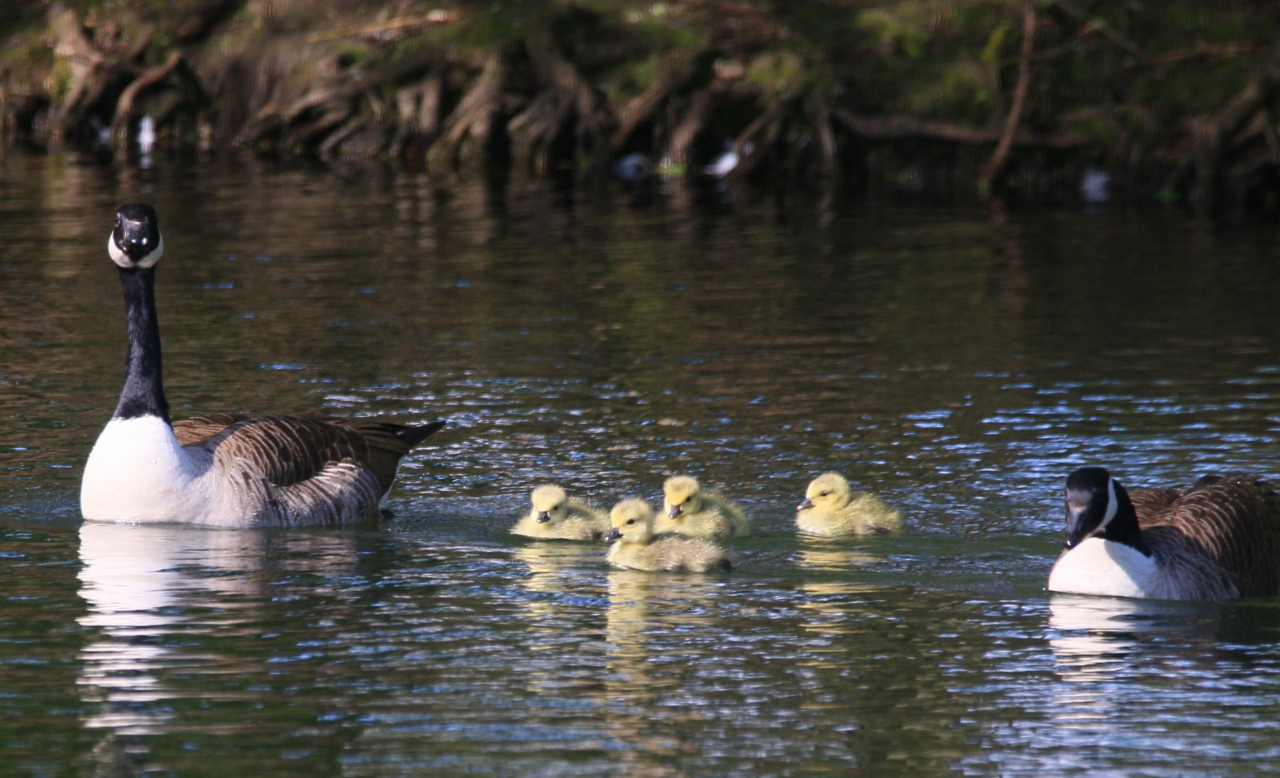

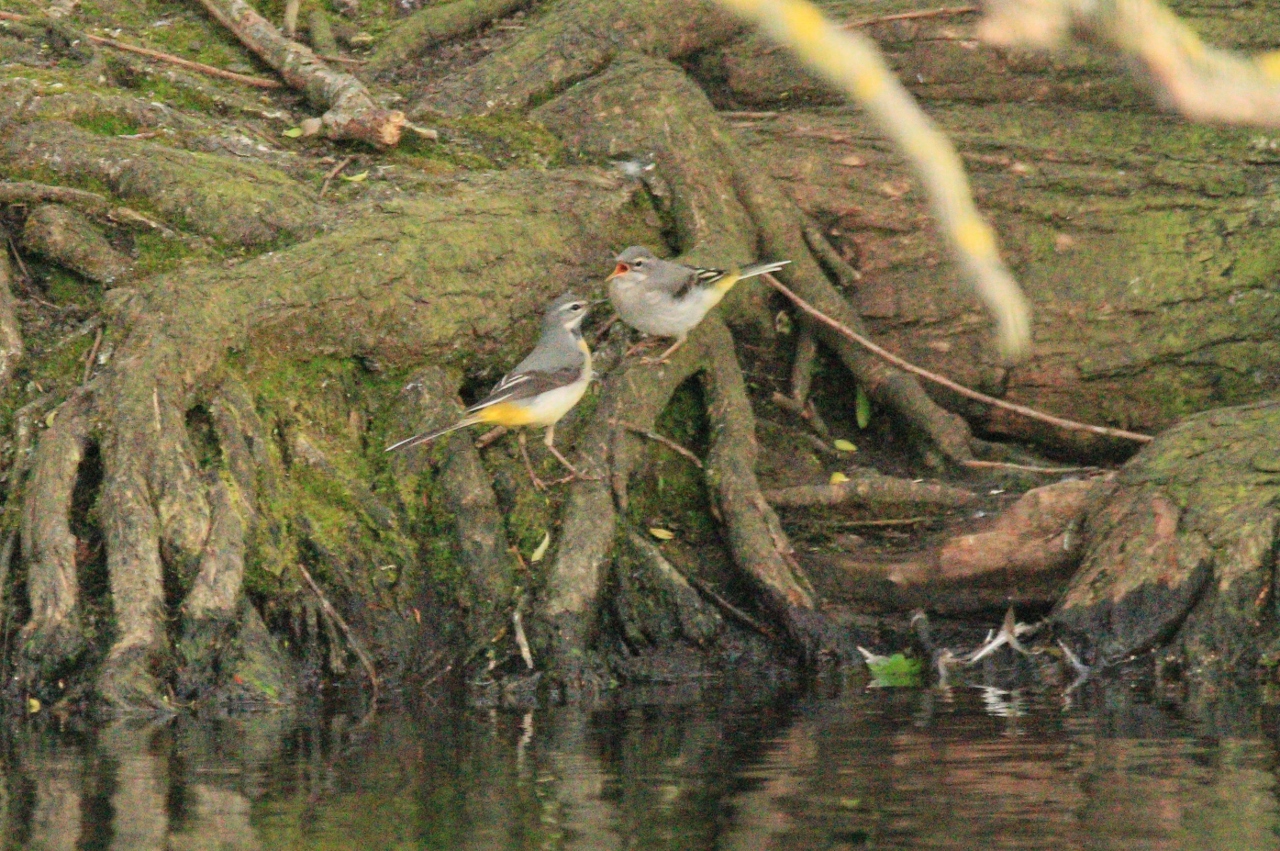
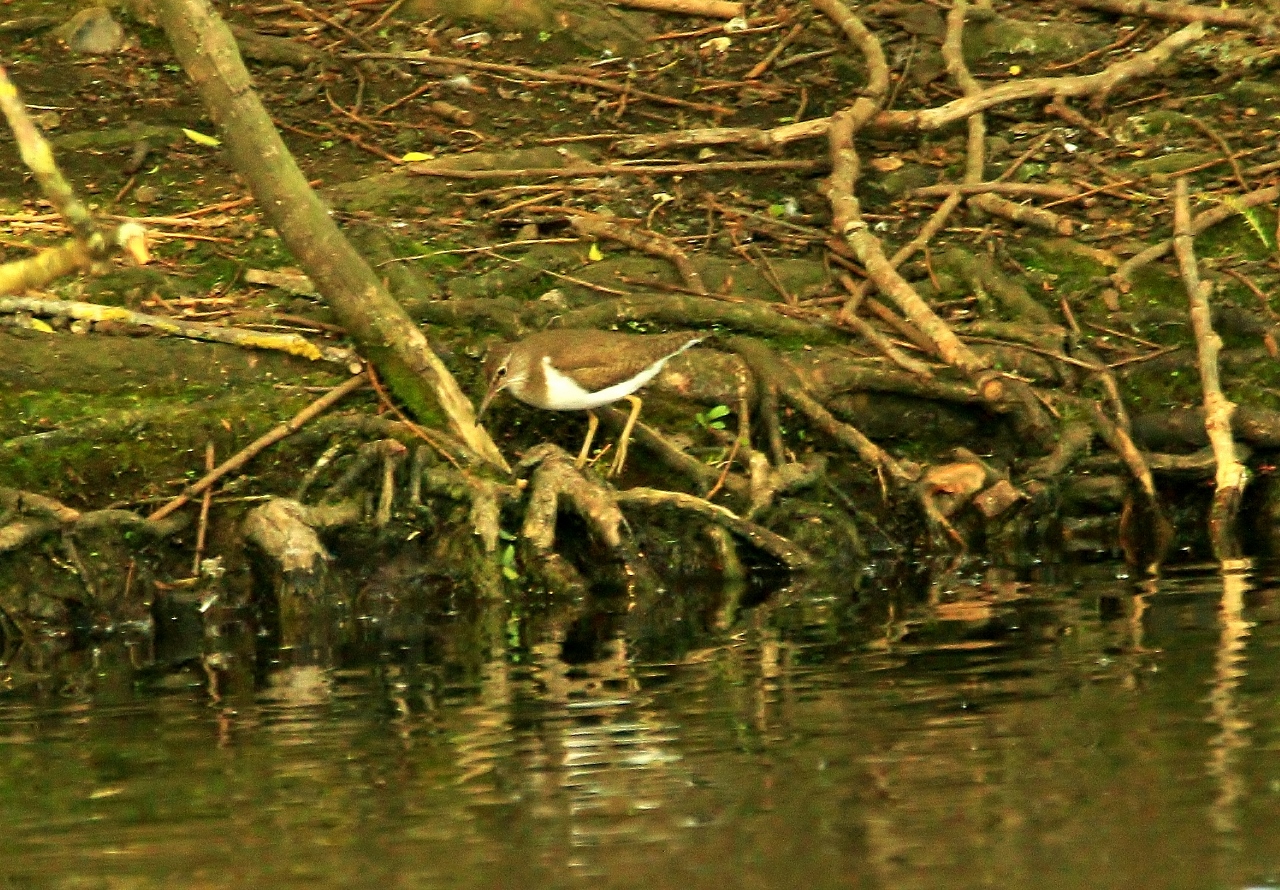
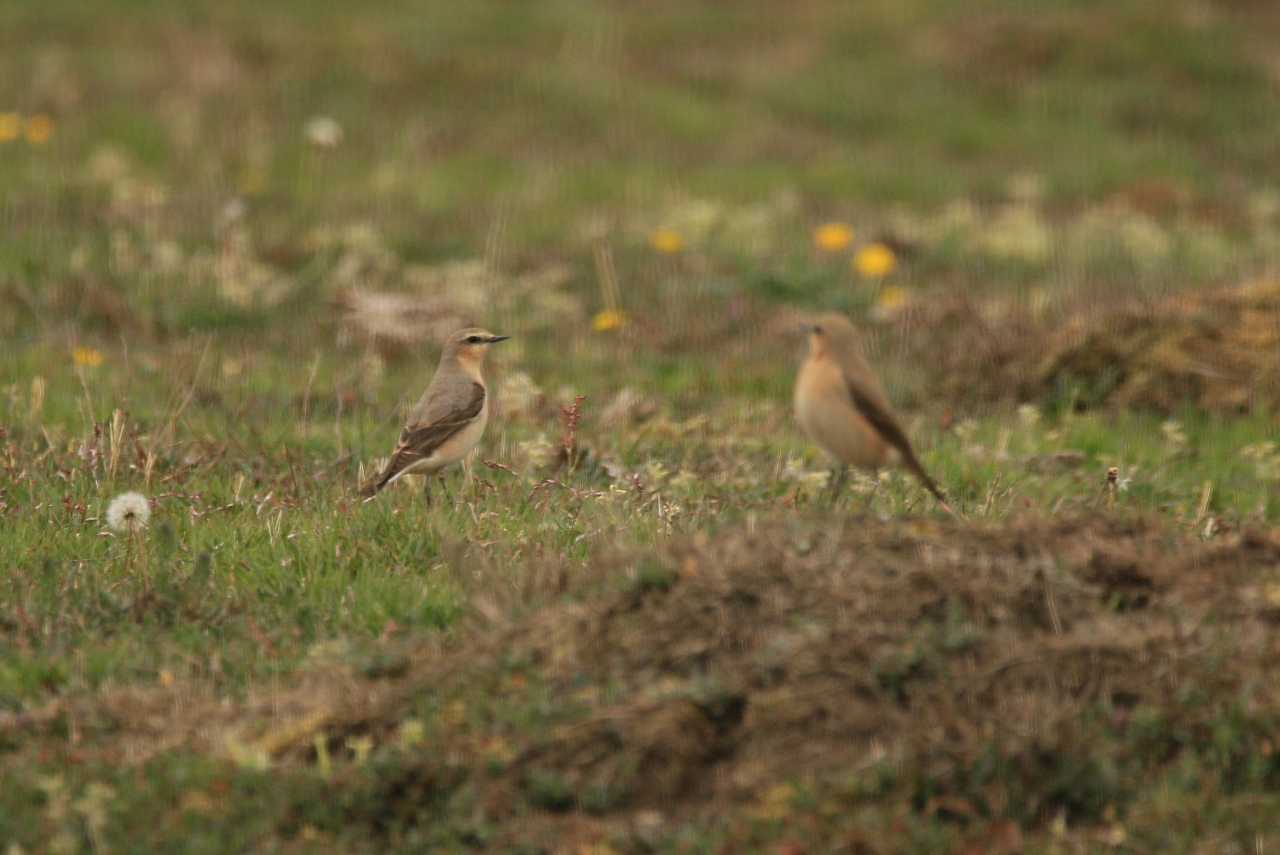
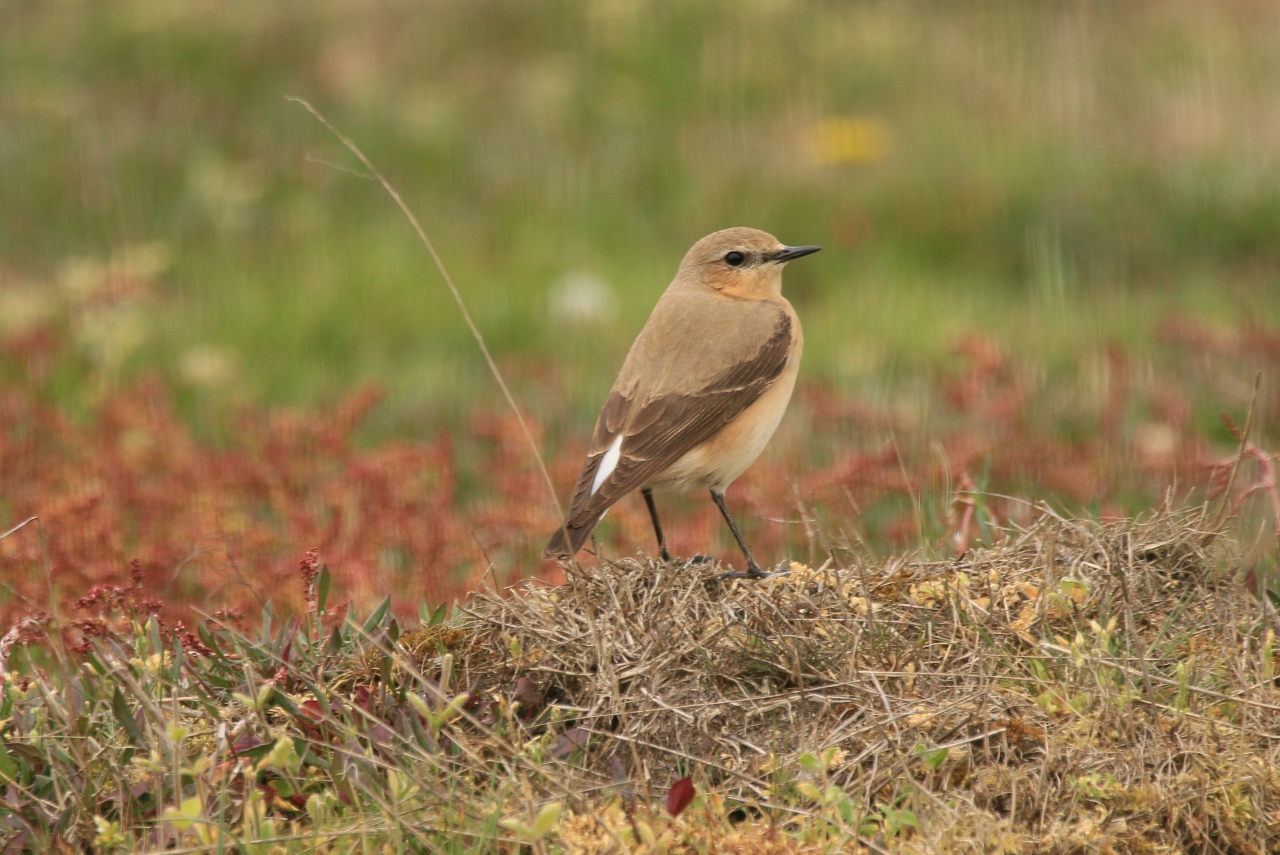
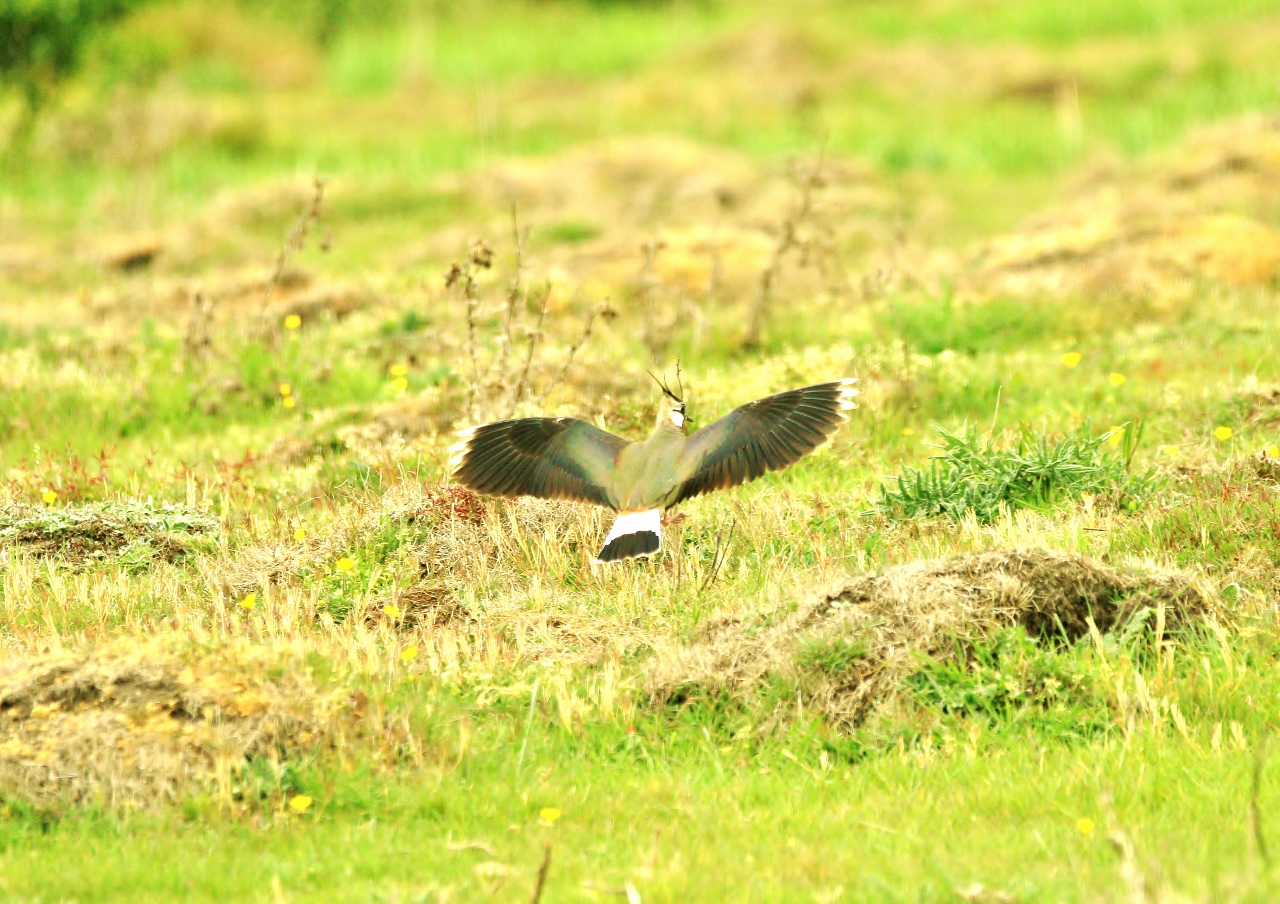
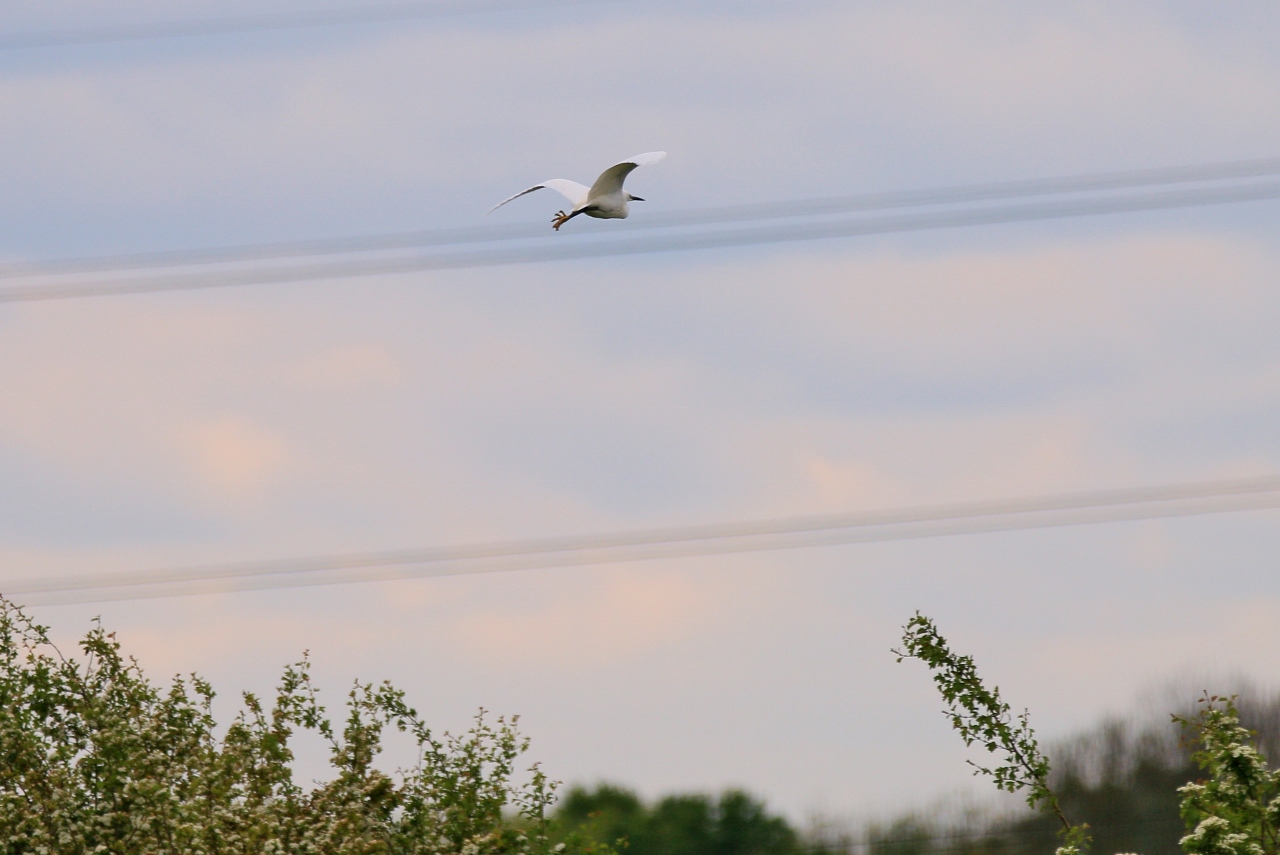
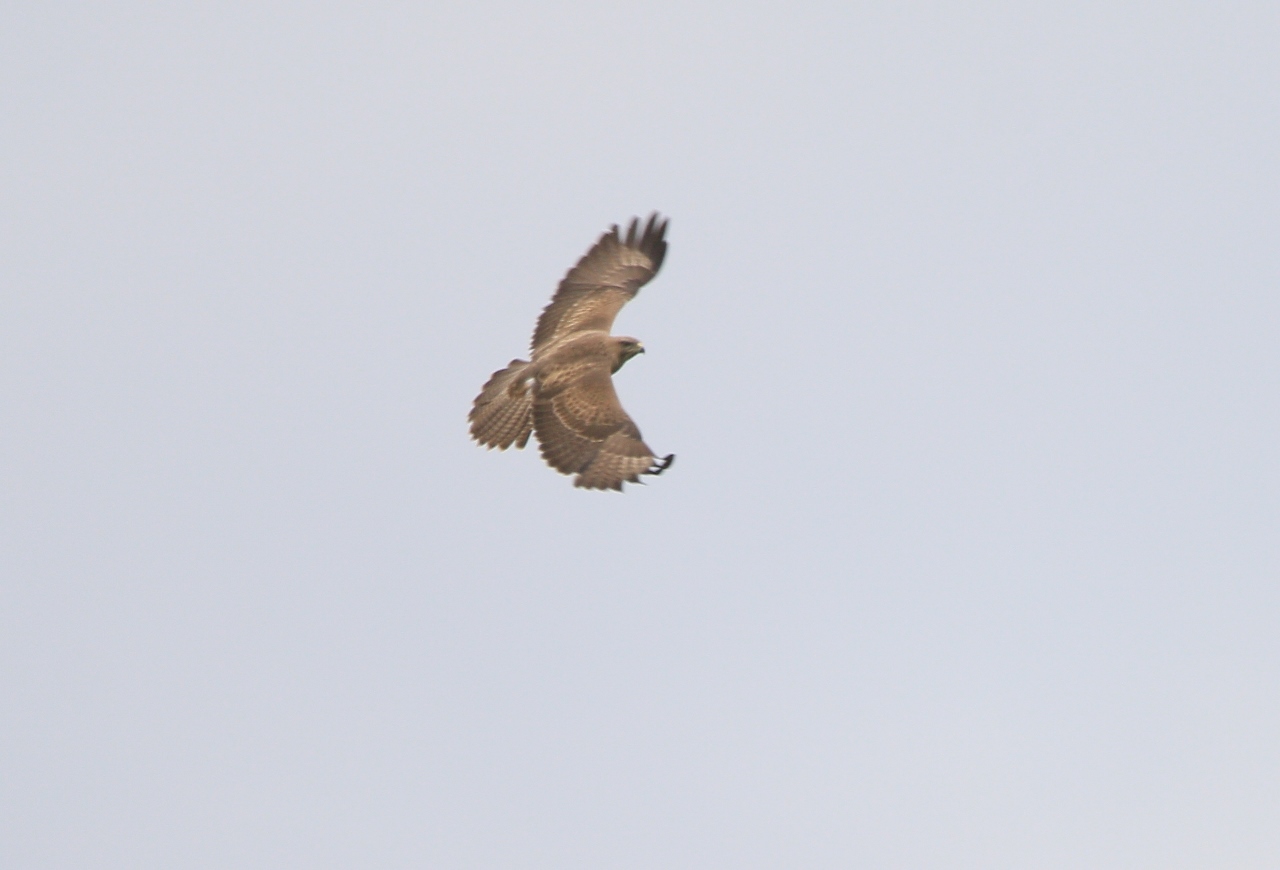
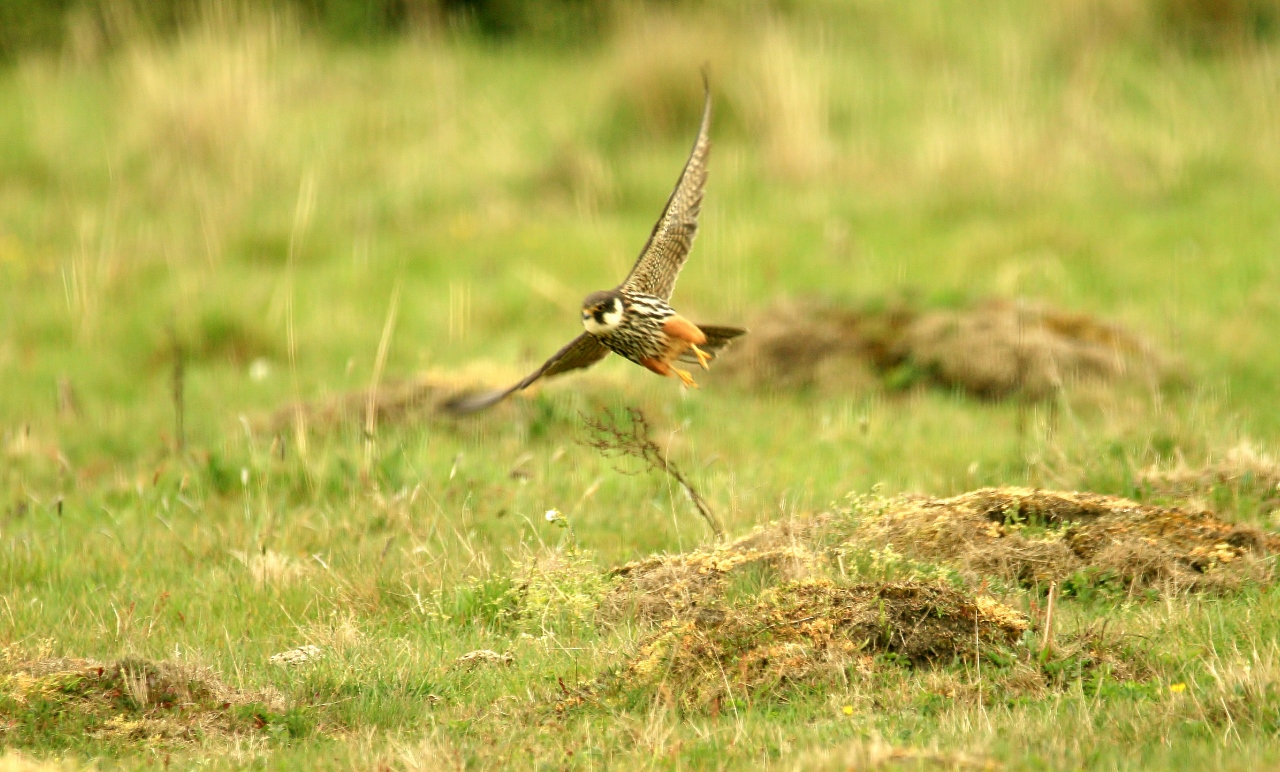
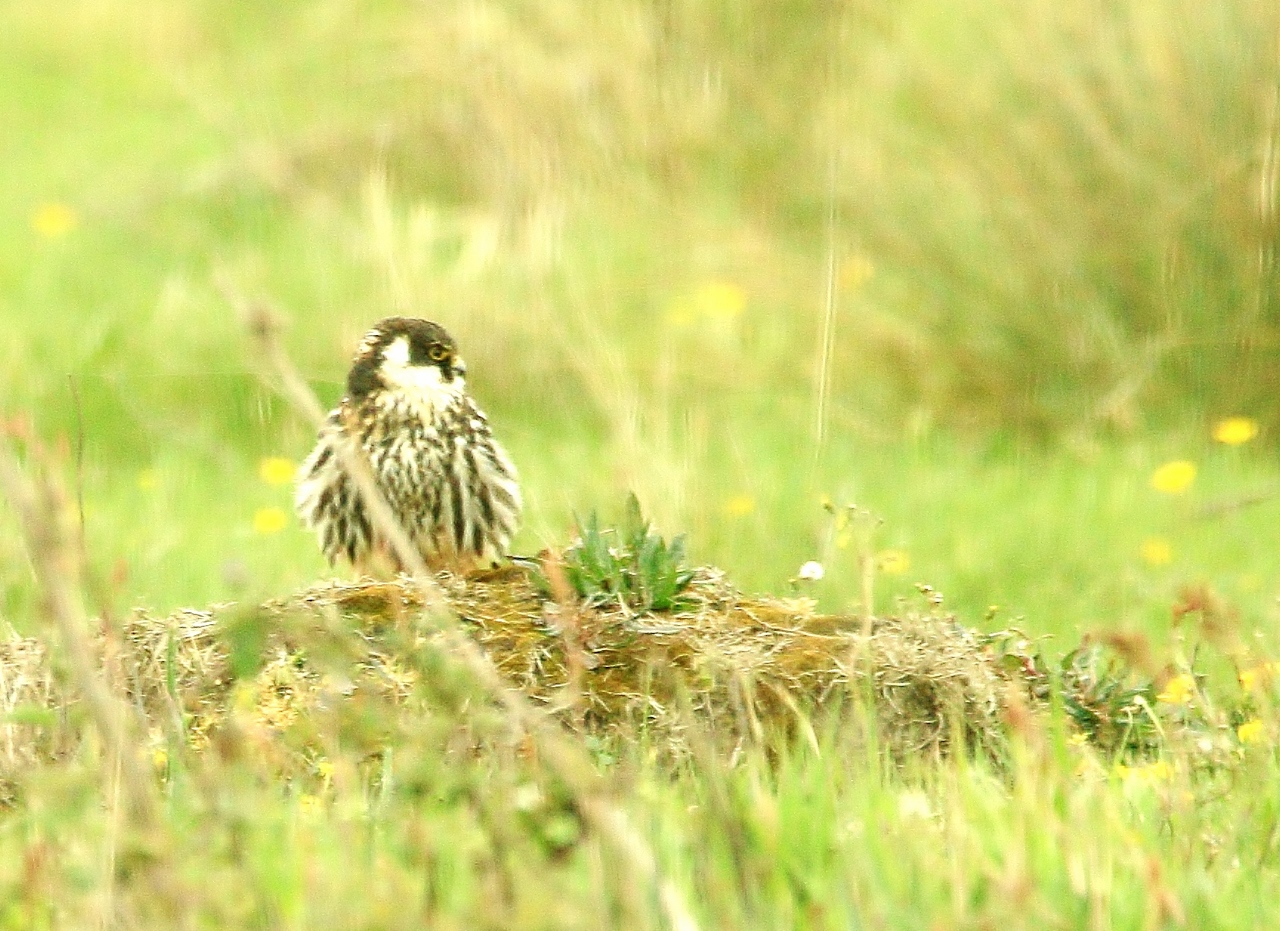

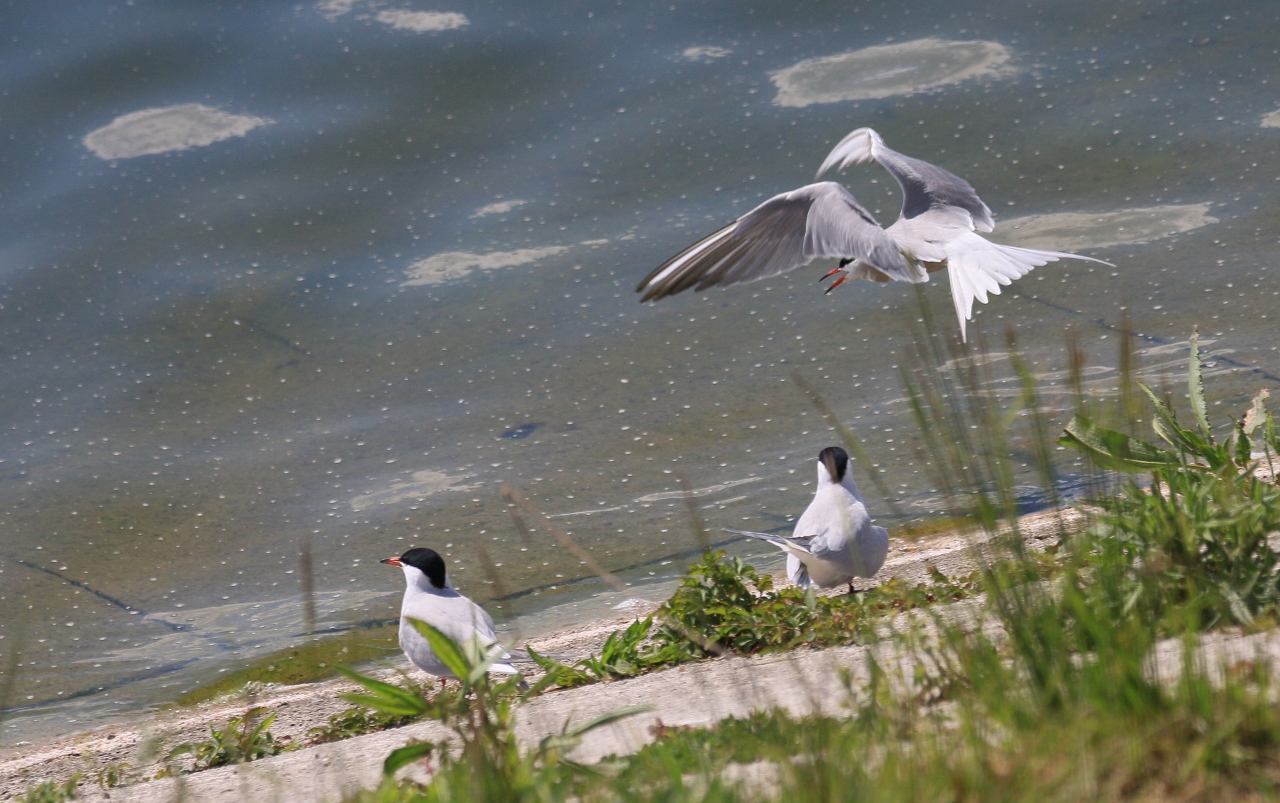
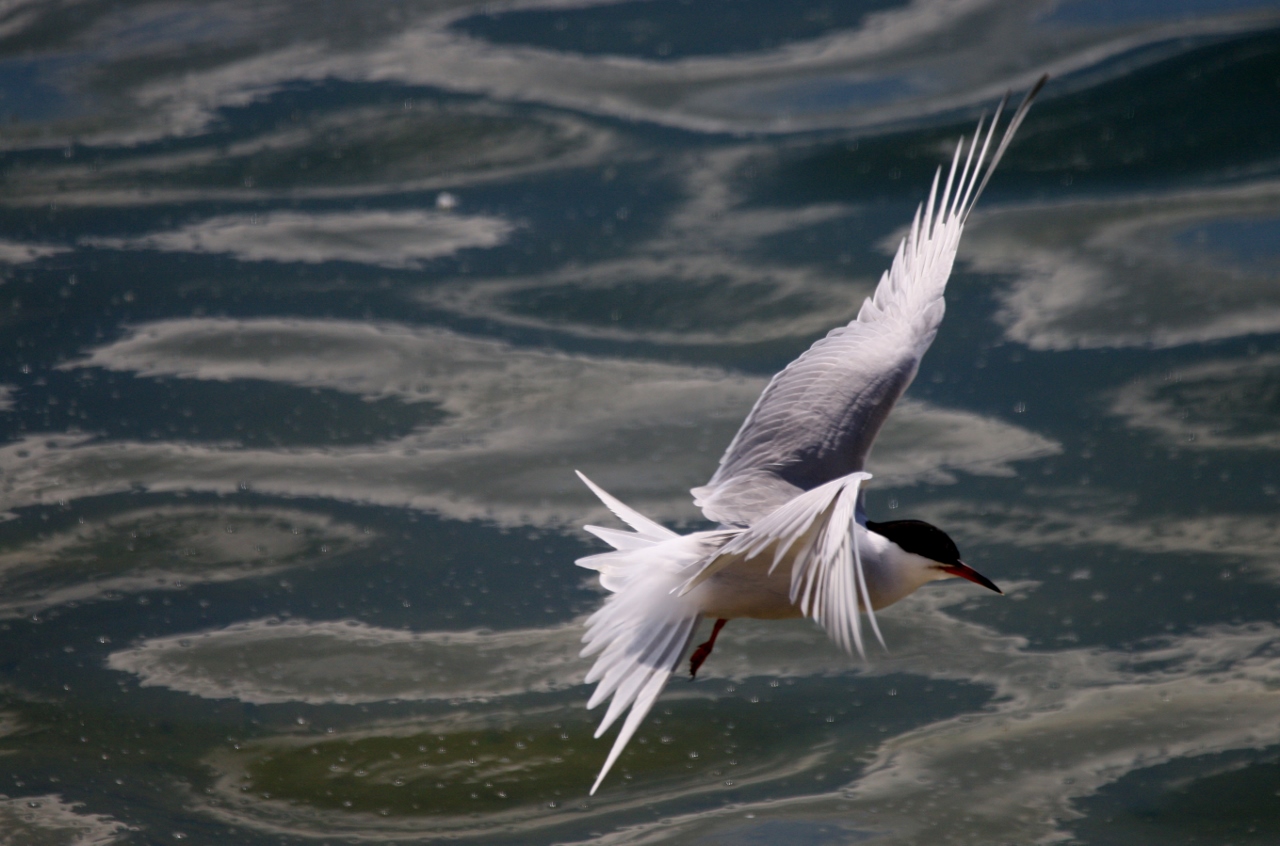
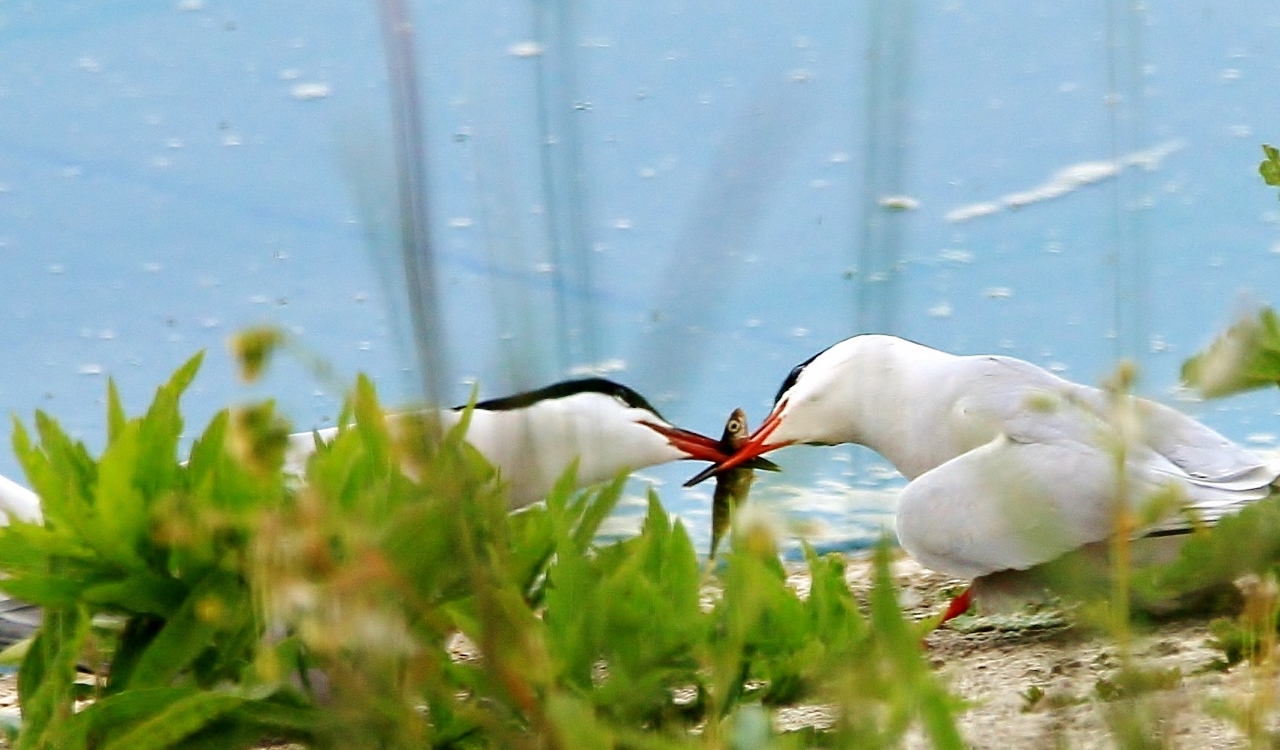
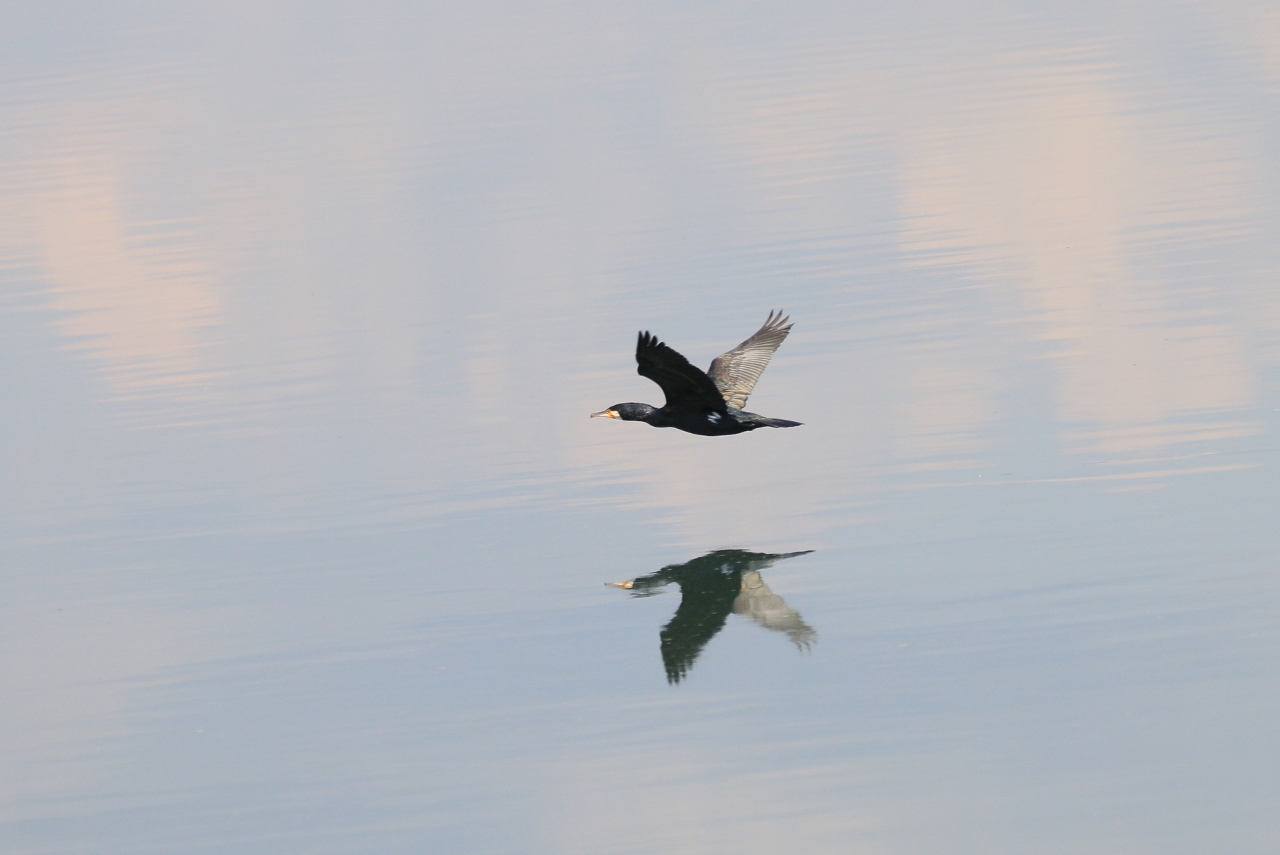
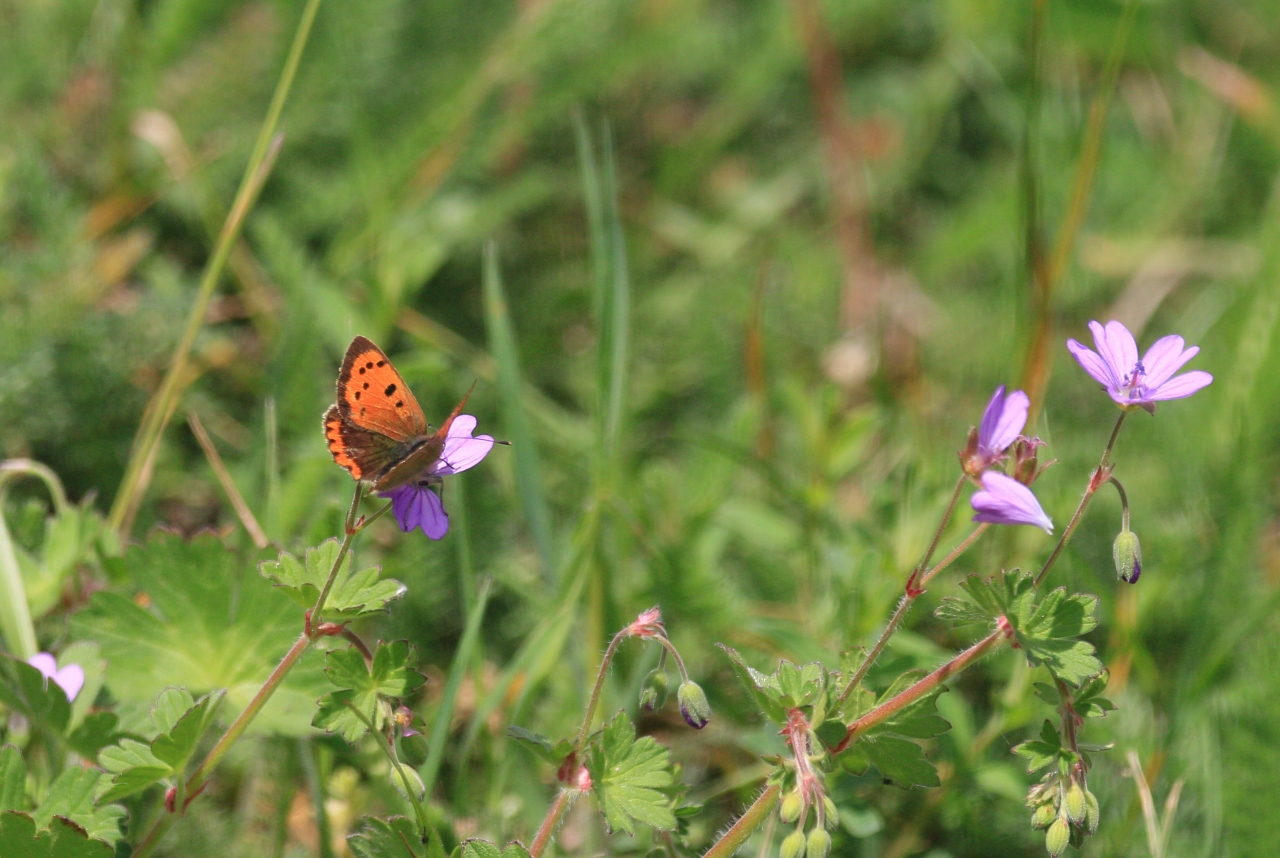
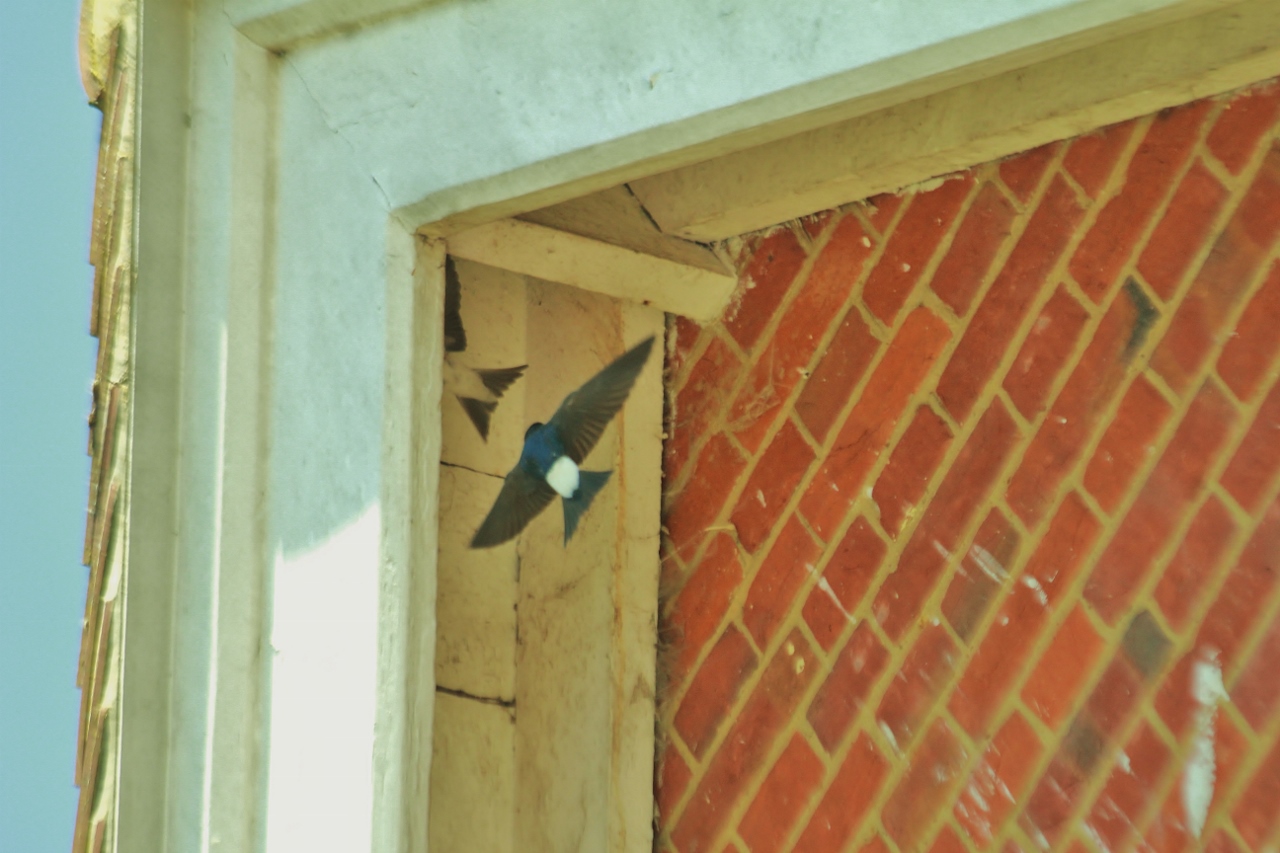
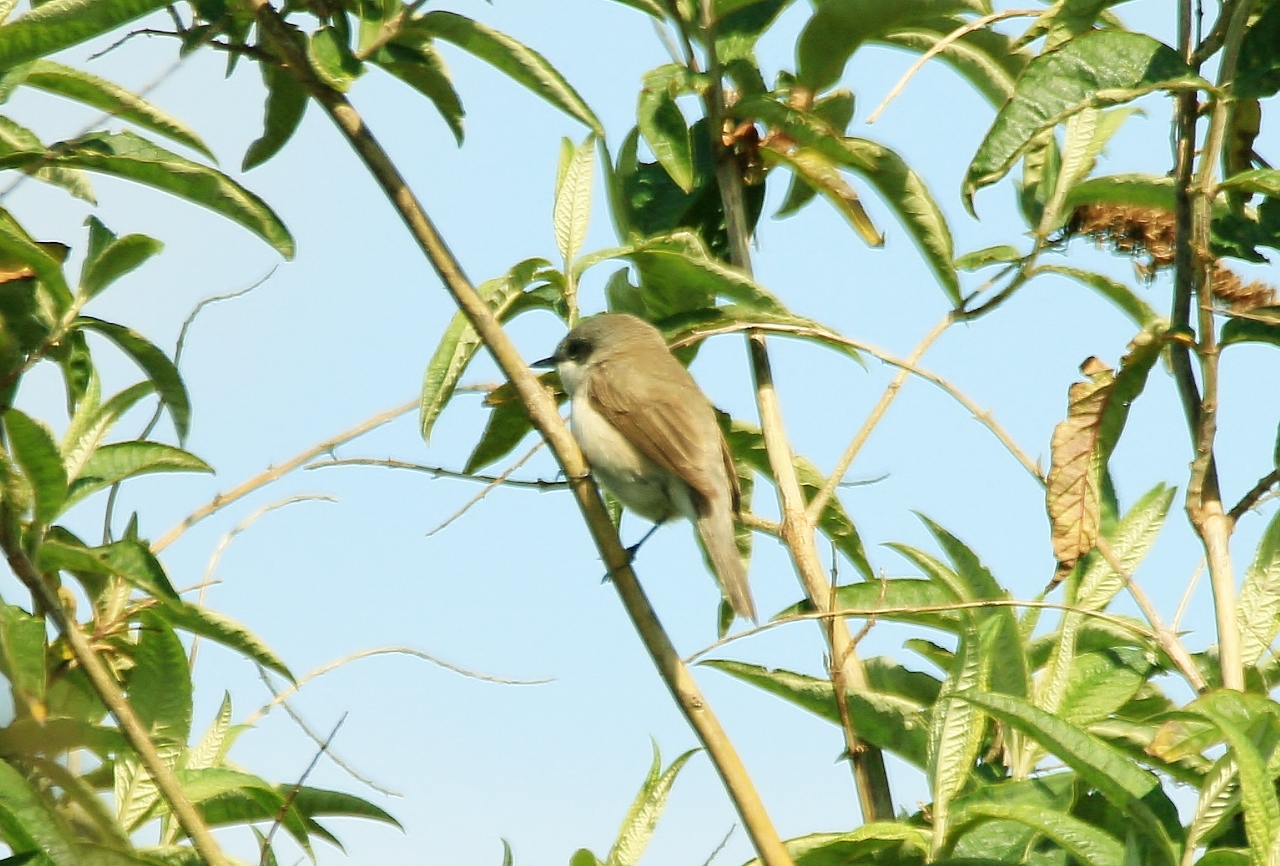
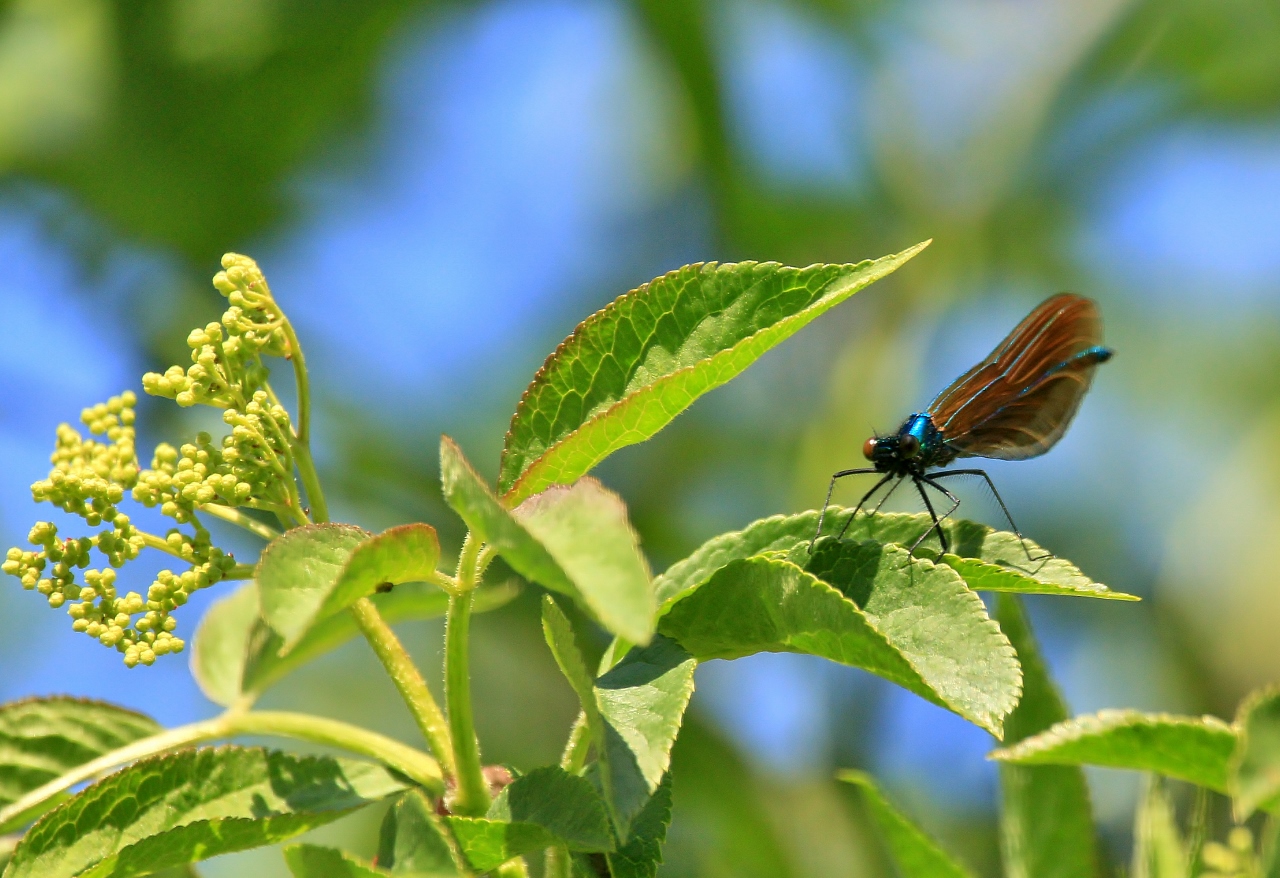

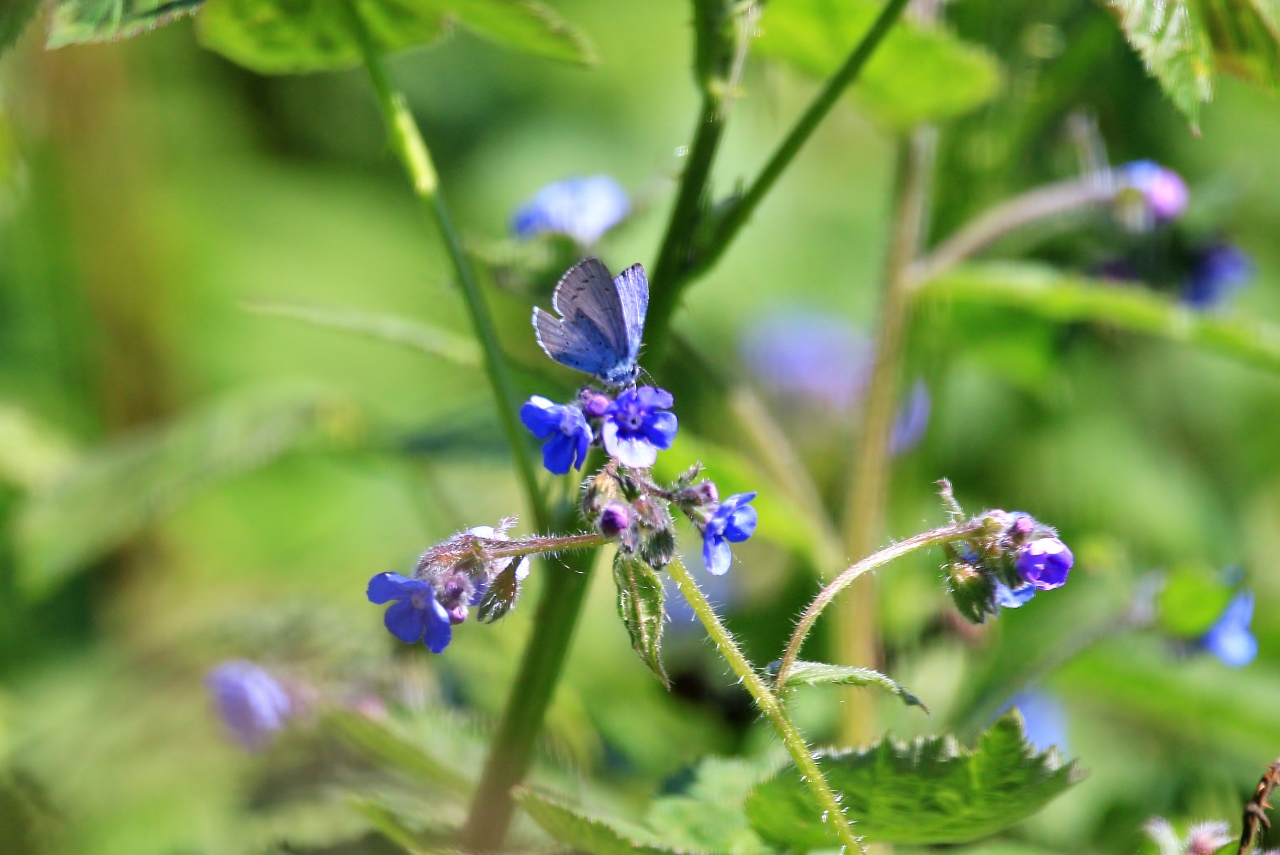

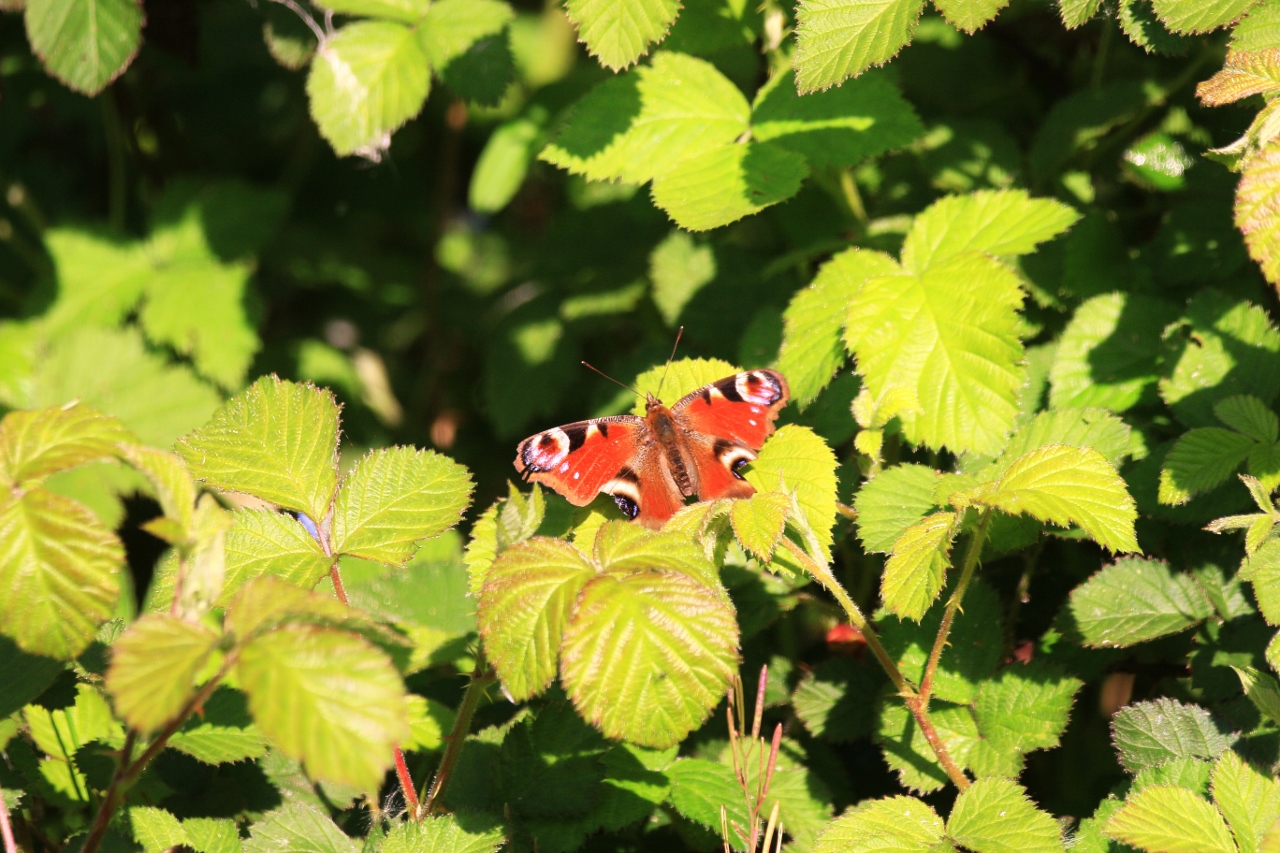
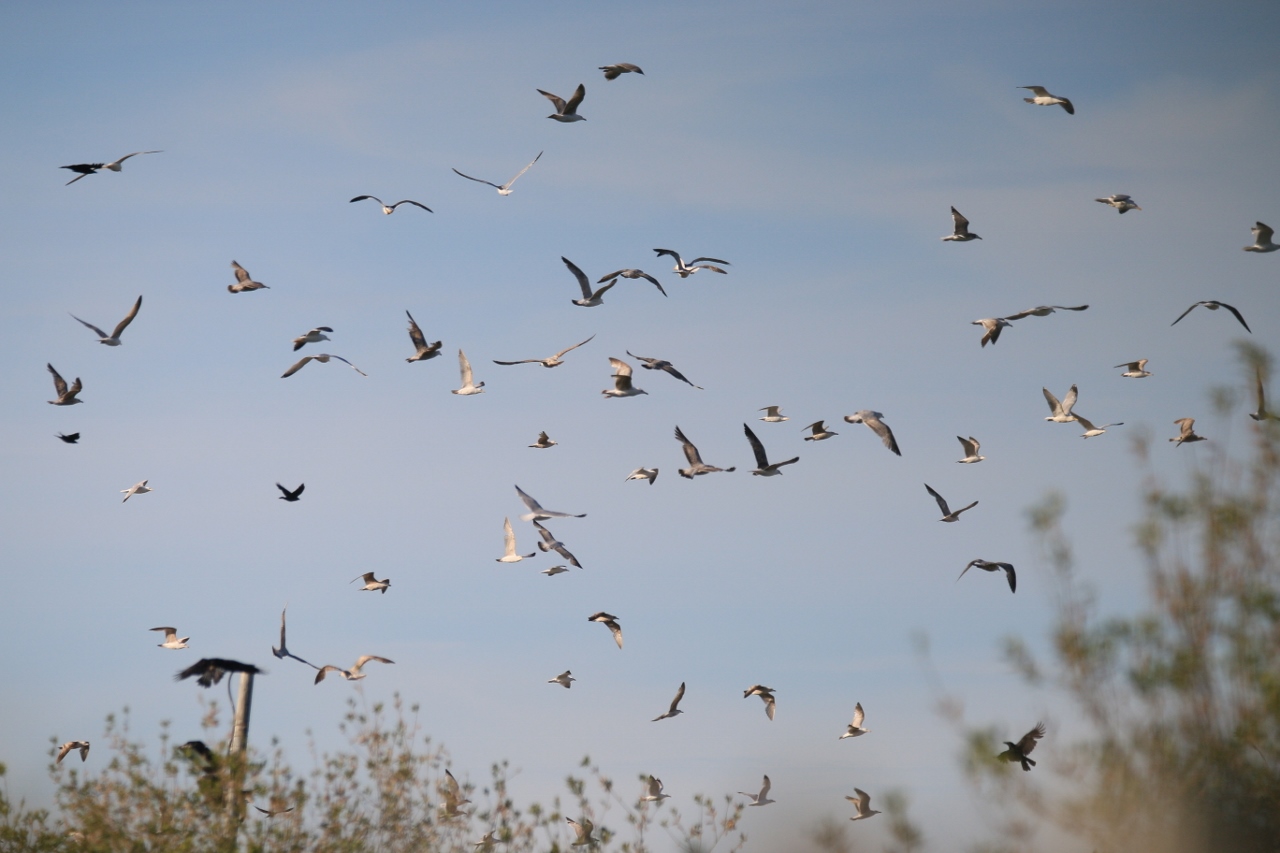

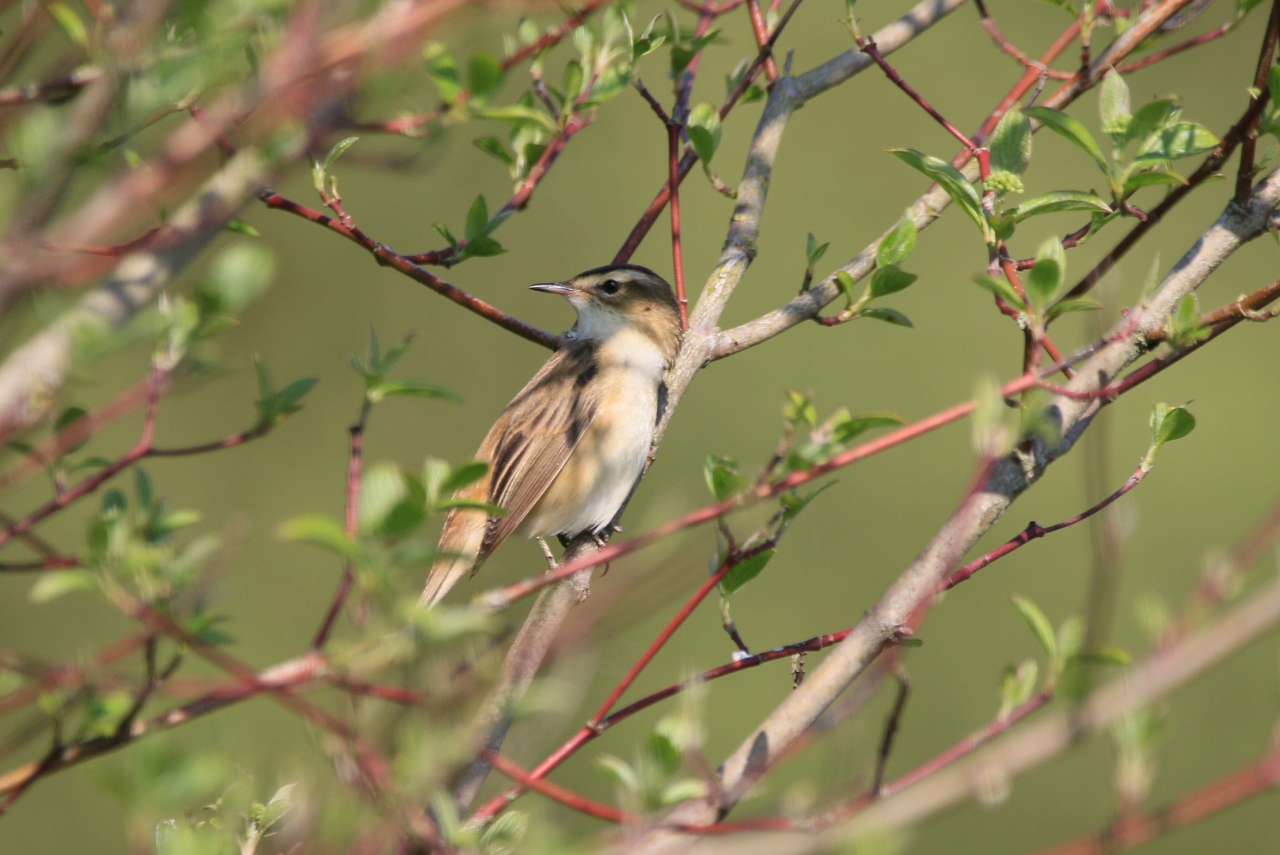
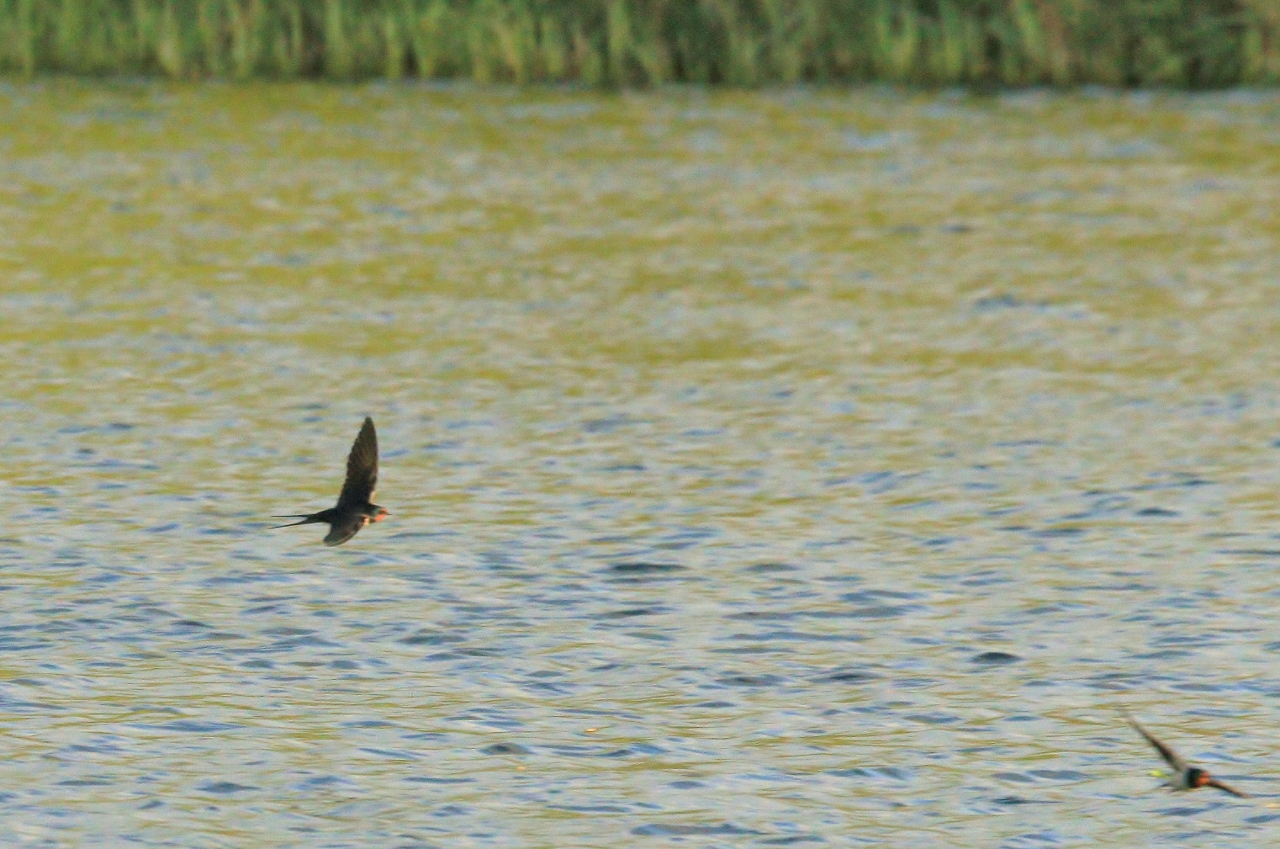
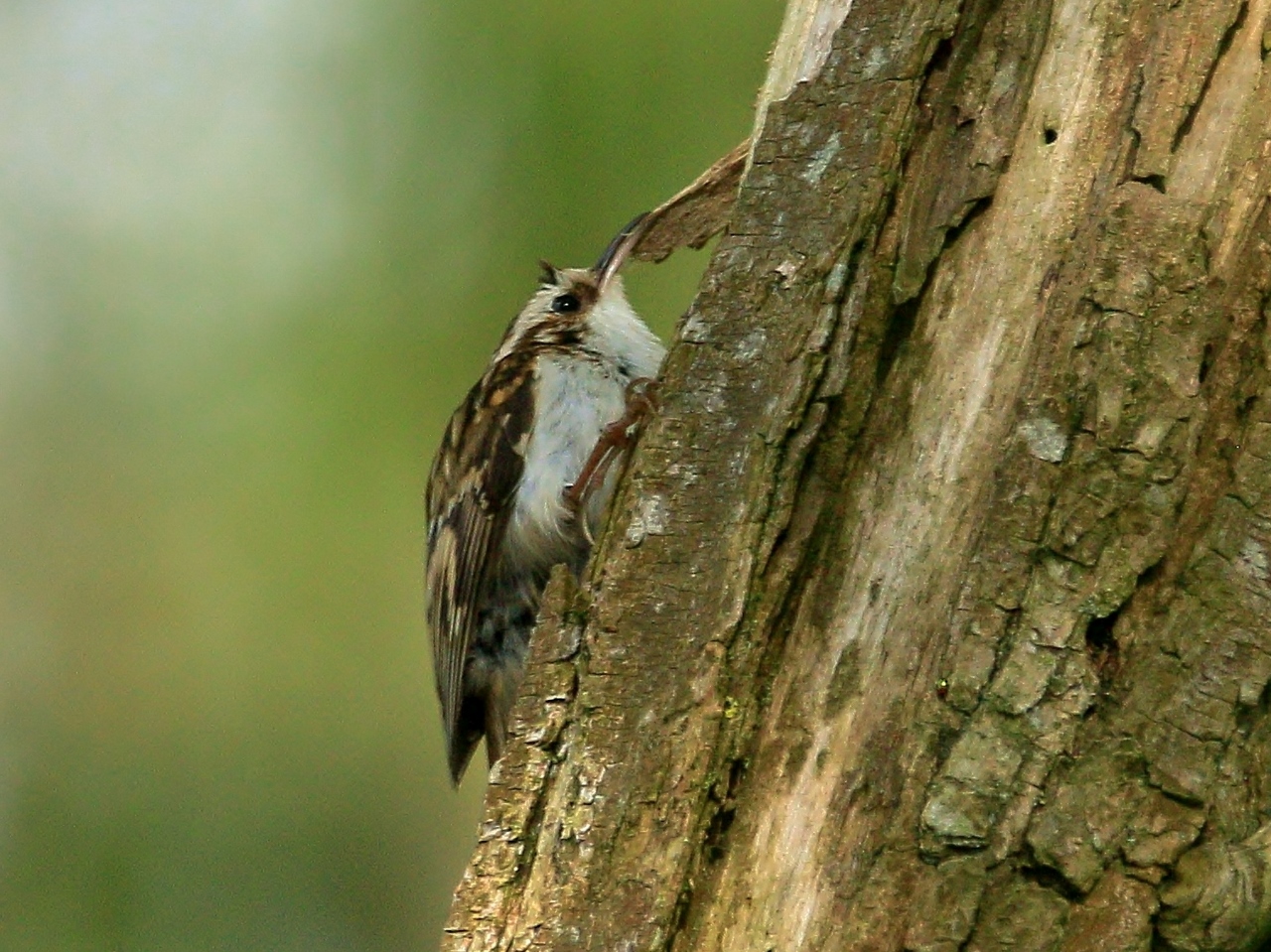
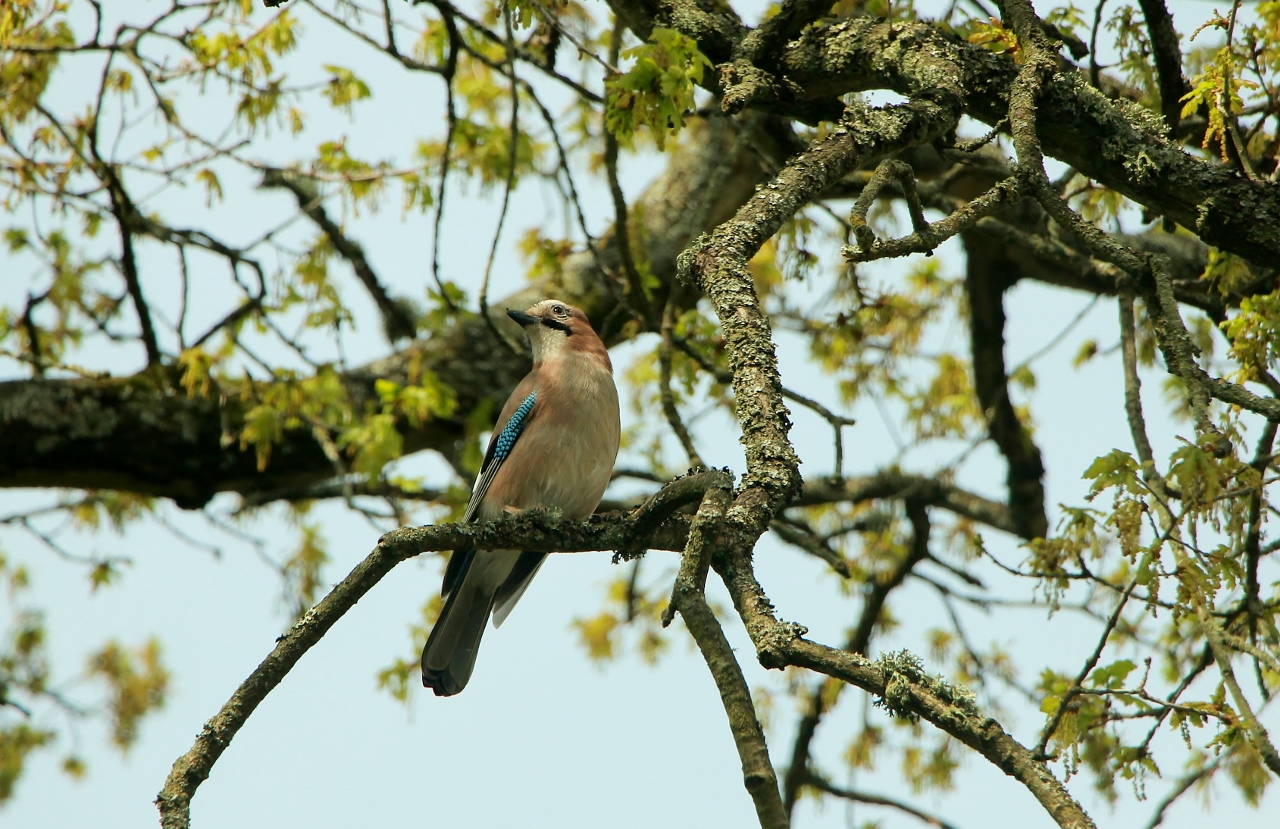
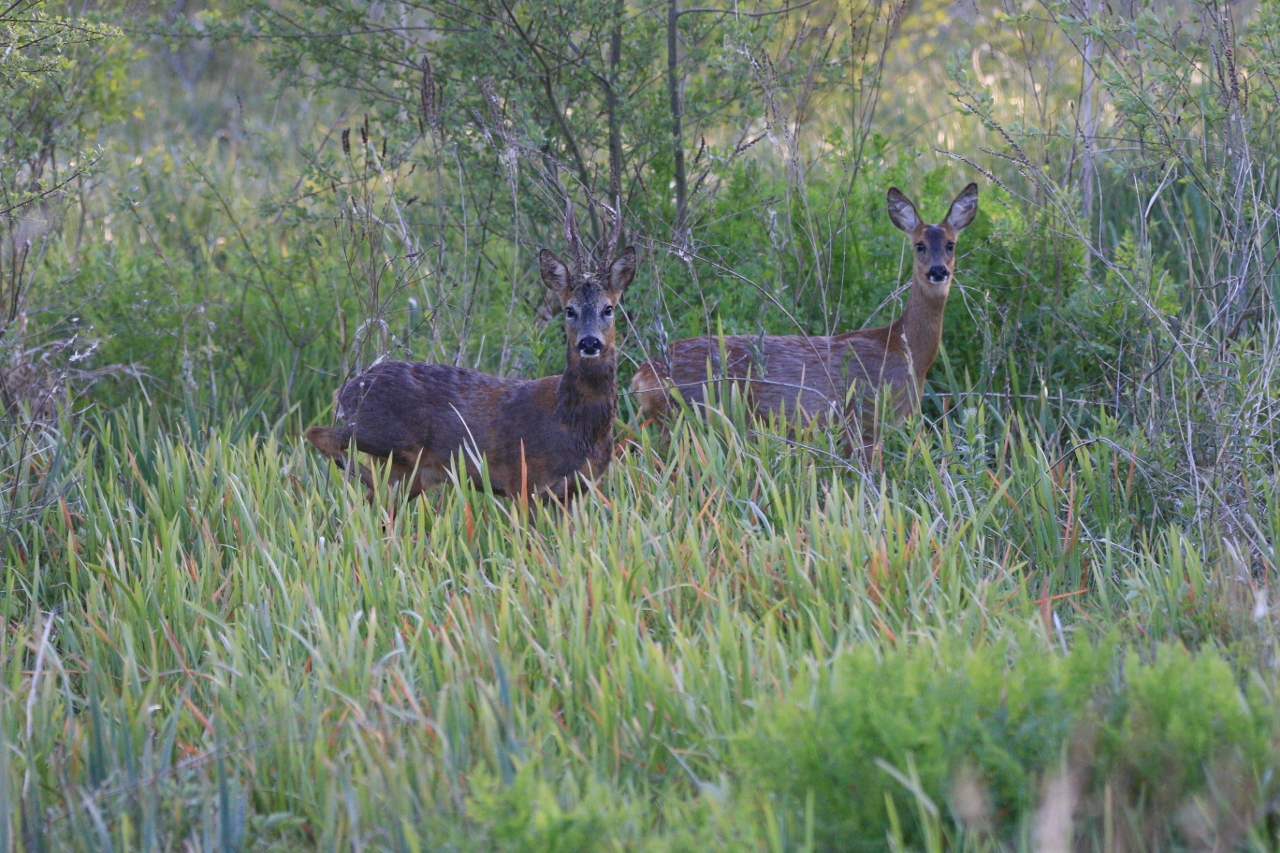
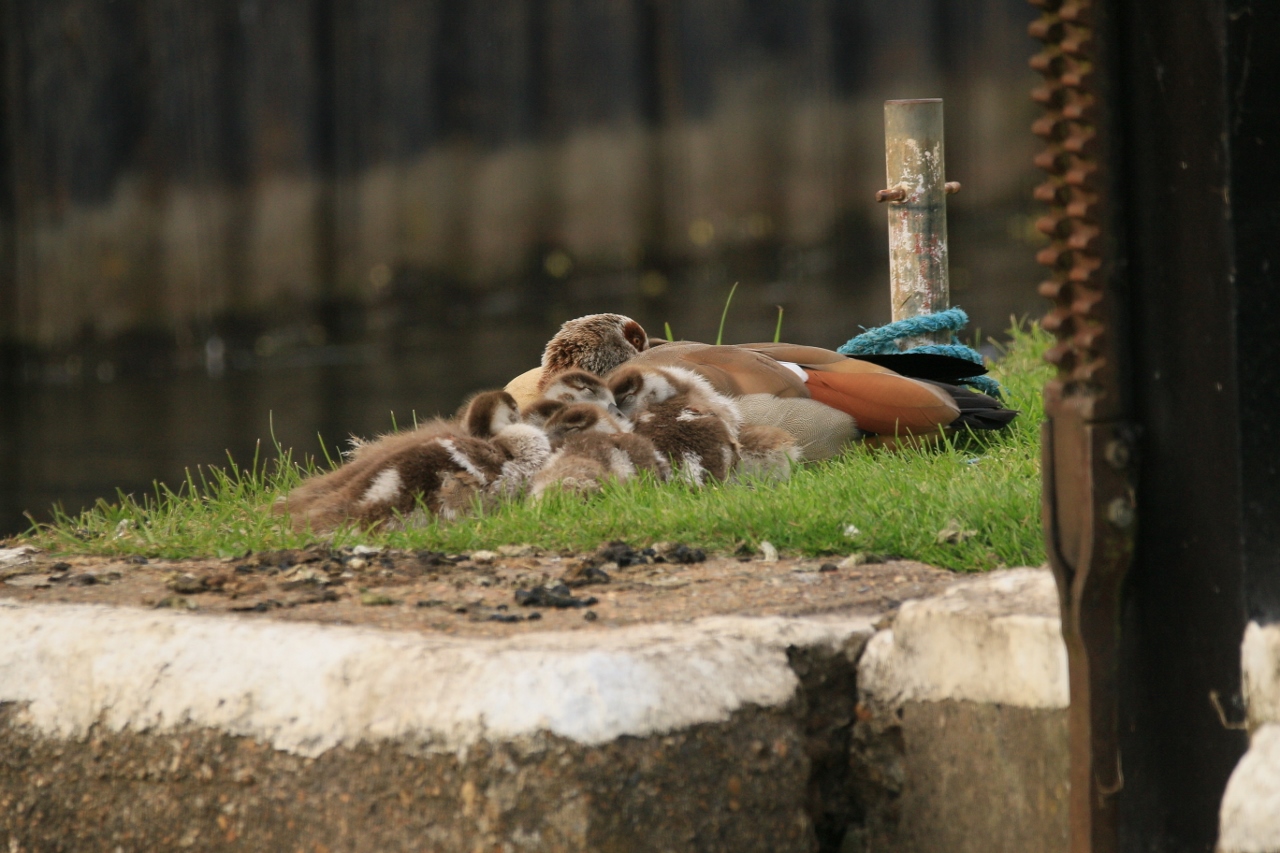






Recent Comments